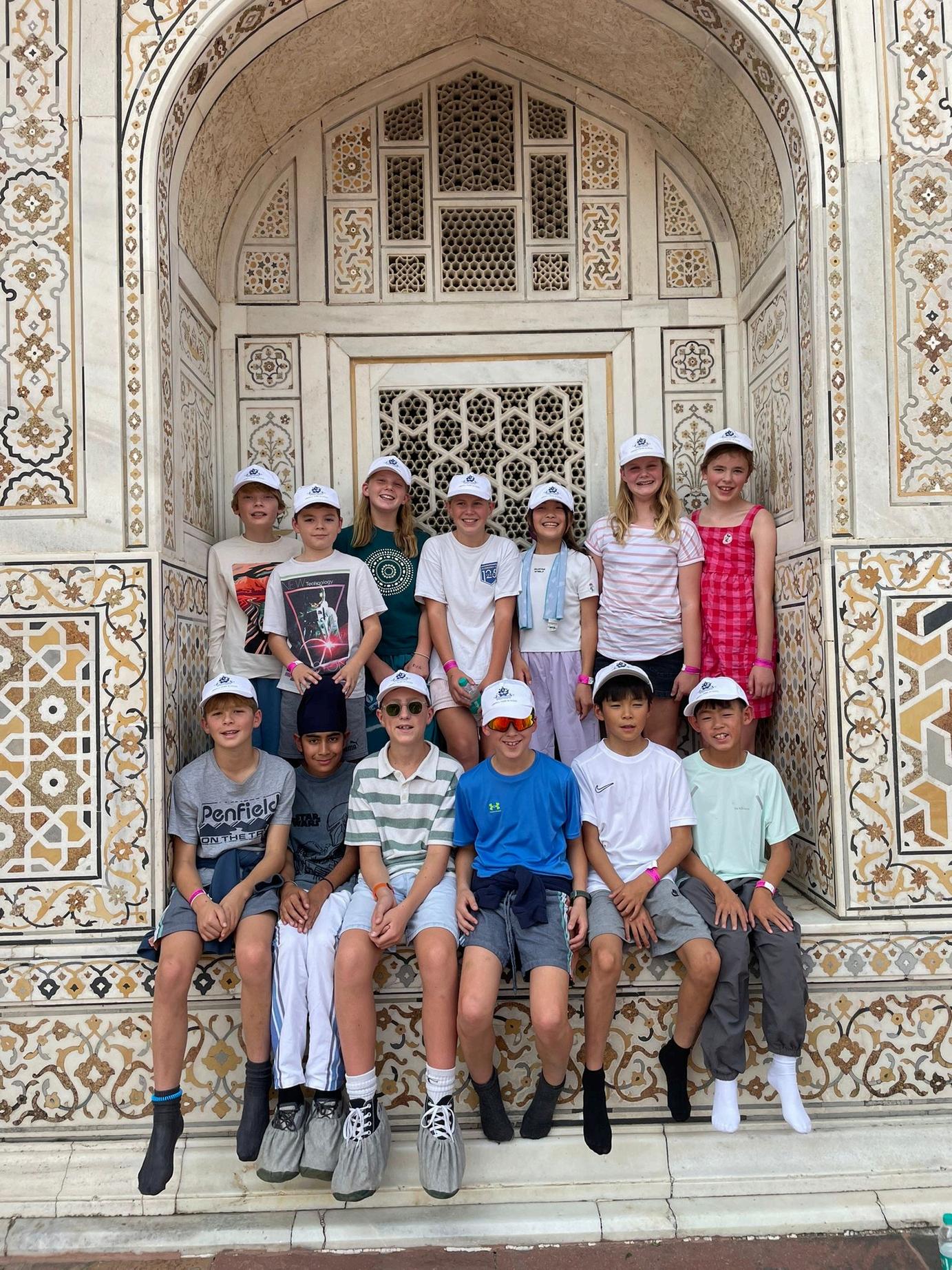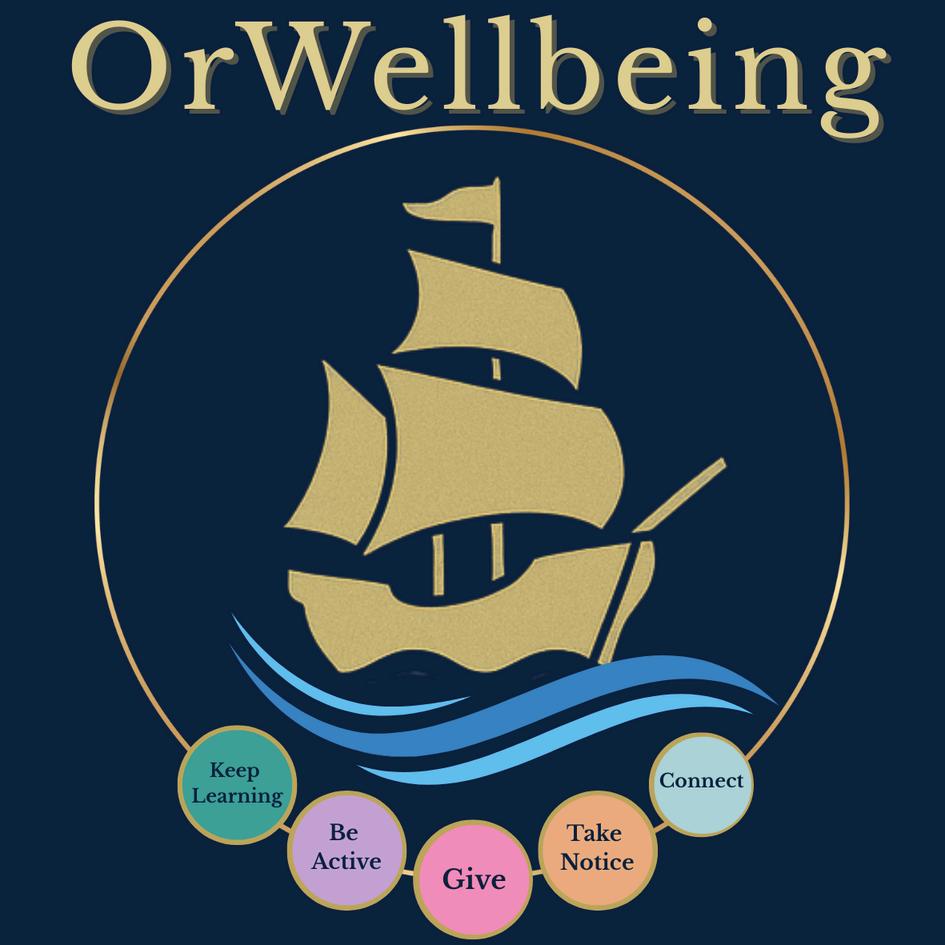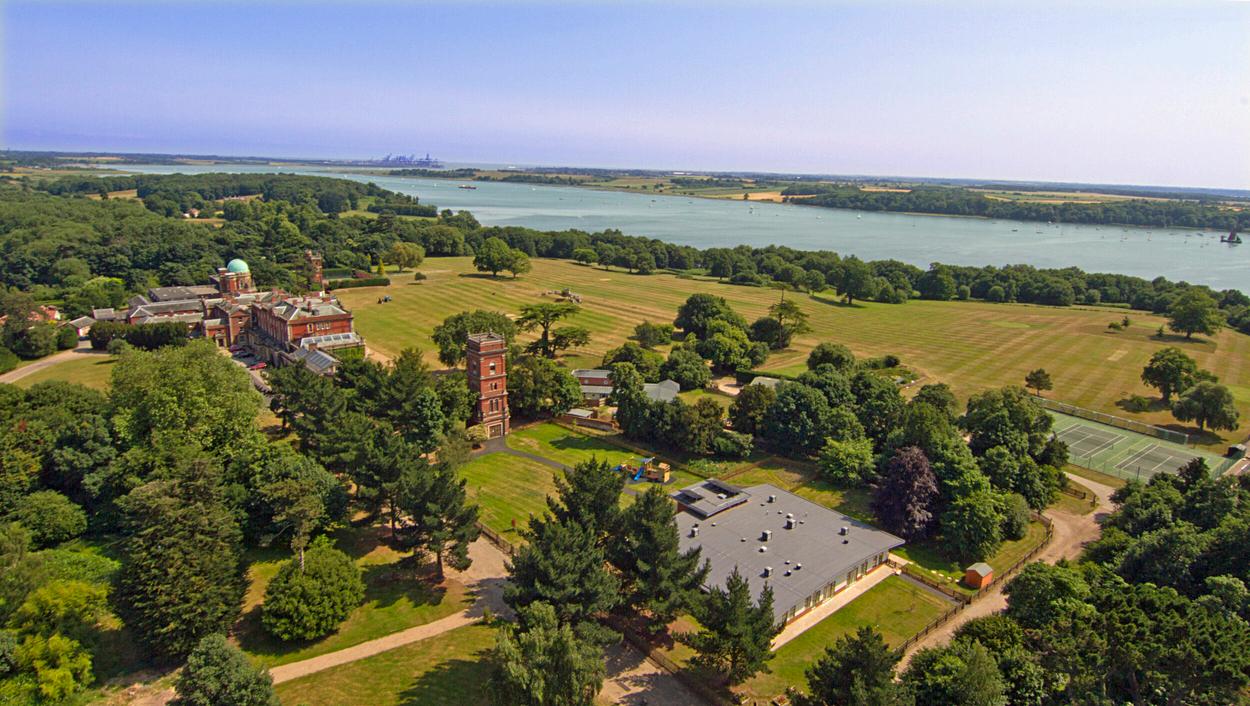






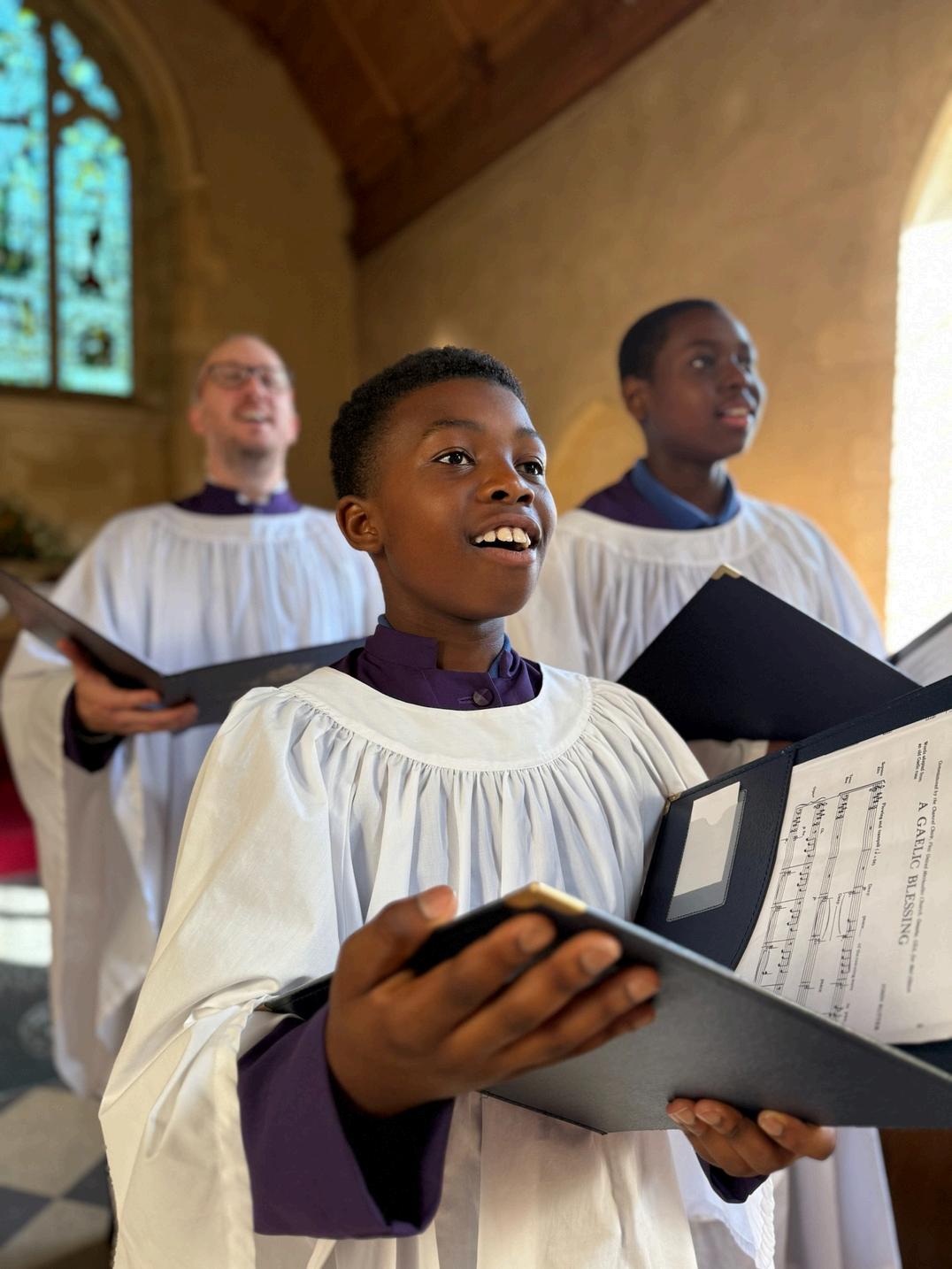
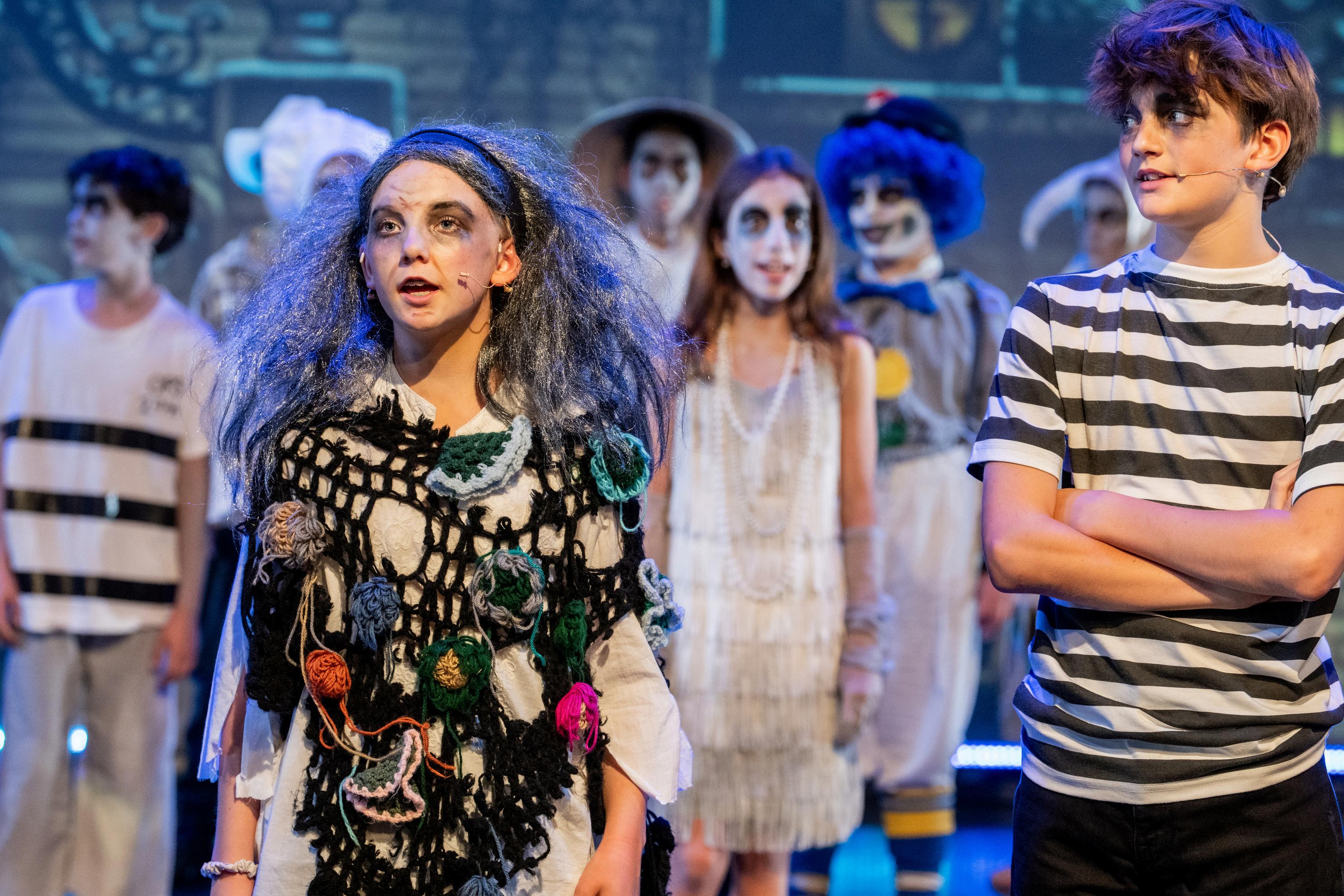
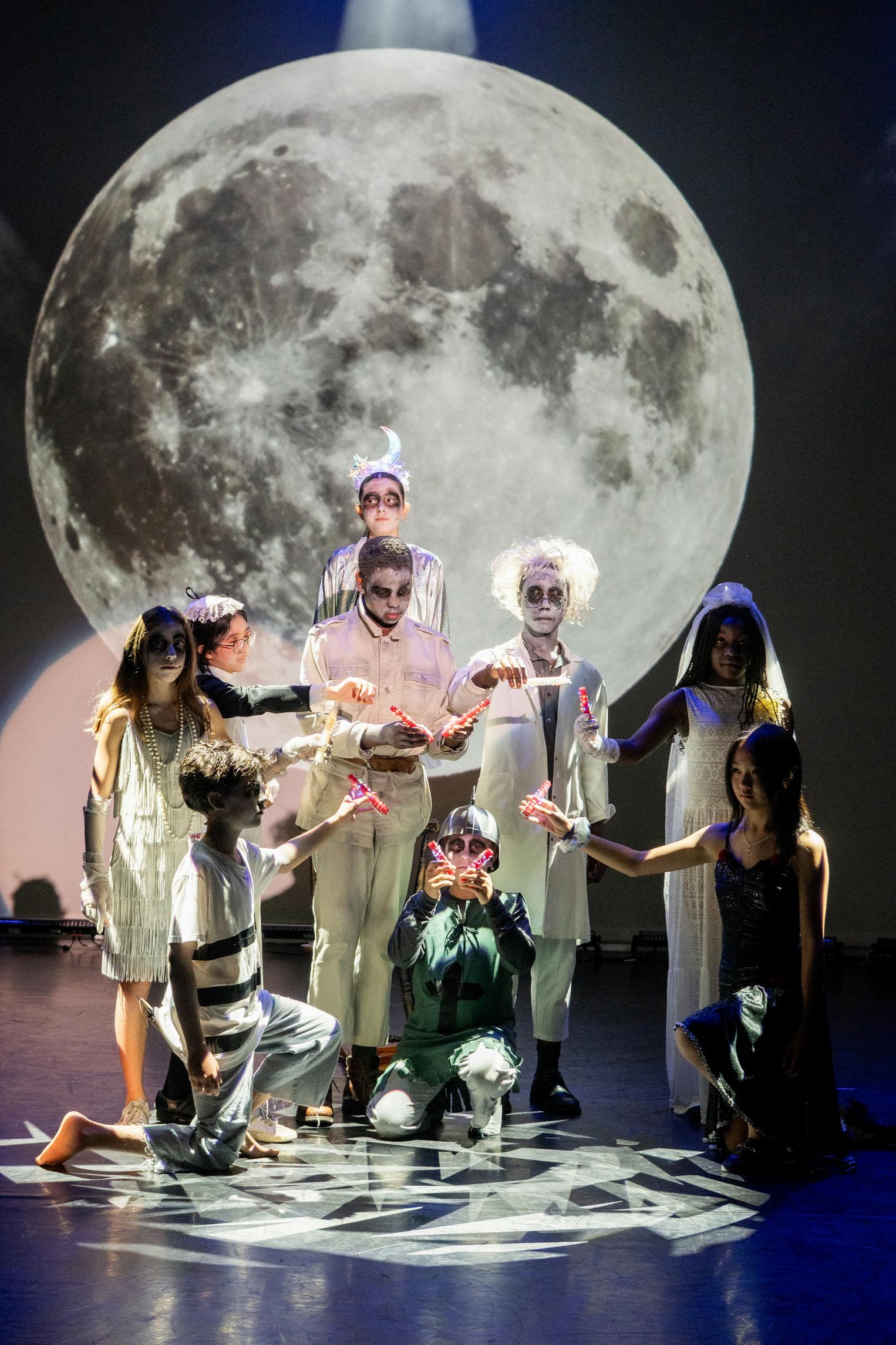













Celebrating a half-term of growth, joy, and wellbeing through rich experiences and shared achievements!
The first half of term has been filled with wonderful opportunities that have supported our pupils’ wellbeing through physical challenge, creativity, teamwork, and exploration. From the resilience shown in cross country and hockey, to the confidence built through music recitals and the Year 8 production of The Addams Family, our pupils have thrived by expressing themselves and working together.
Meanwhile, the Year 7 trip to India, the Boarders visit to Colchester Zoo and Year 1 visit to Colchester Castle broadened horizons, inspired curiosity, and strengthened a sense of community and belonging Each of these experiences has helped nurture resilience, joy, and personal growth - core to our commitment to supporting every child’s wellbeing.
Caroline Brunt Mental Health & Wellbeing Lead
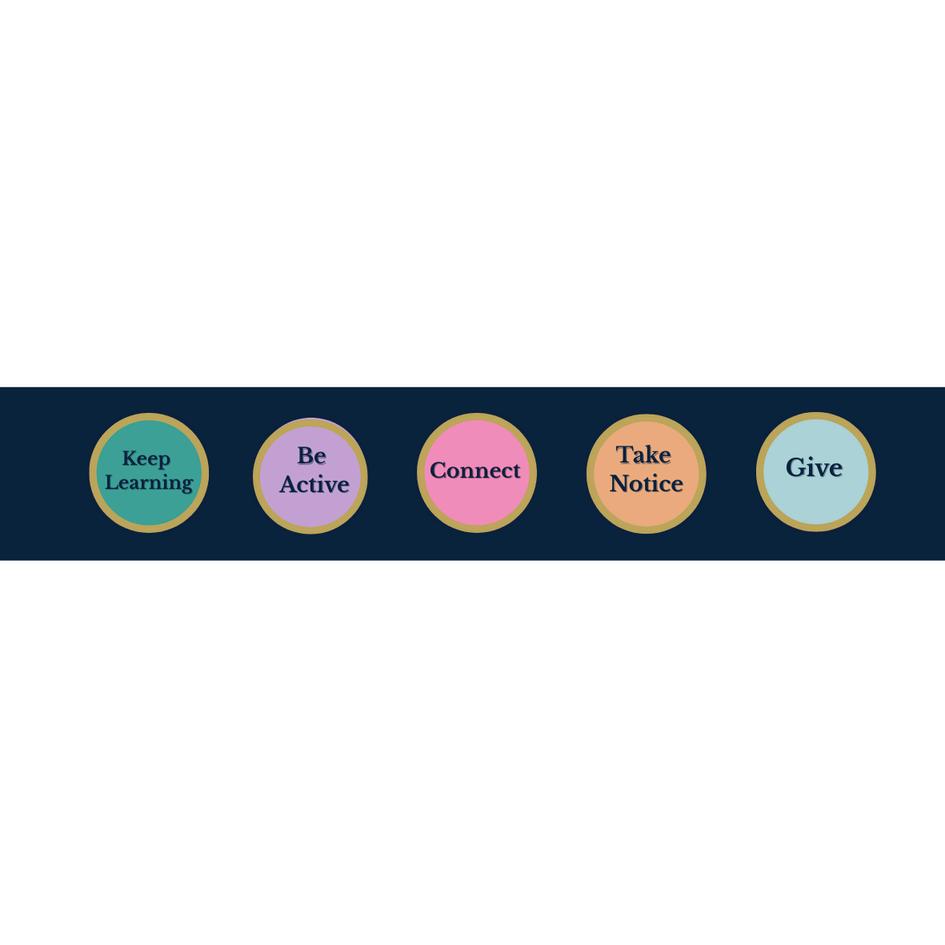
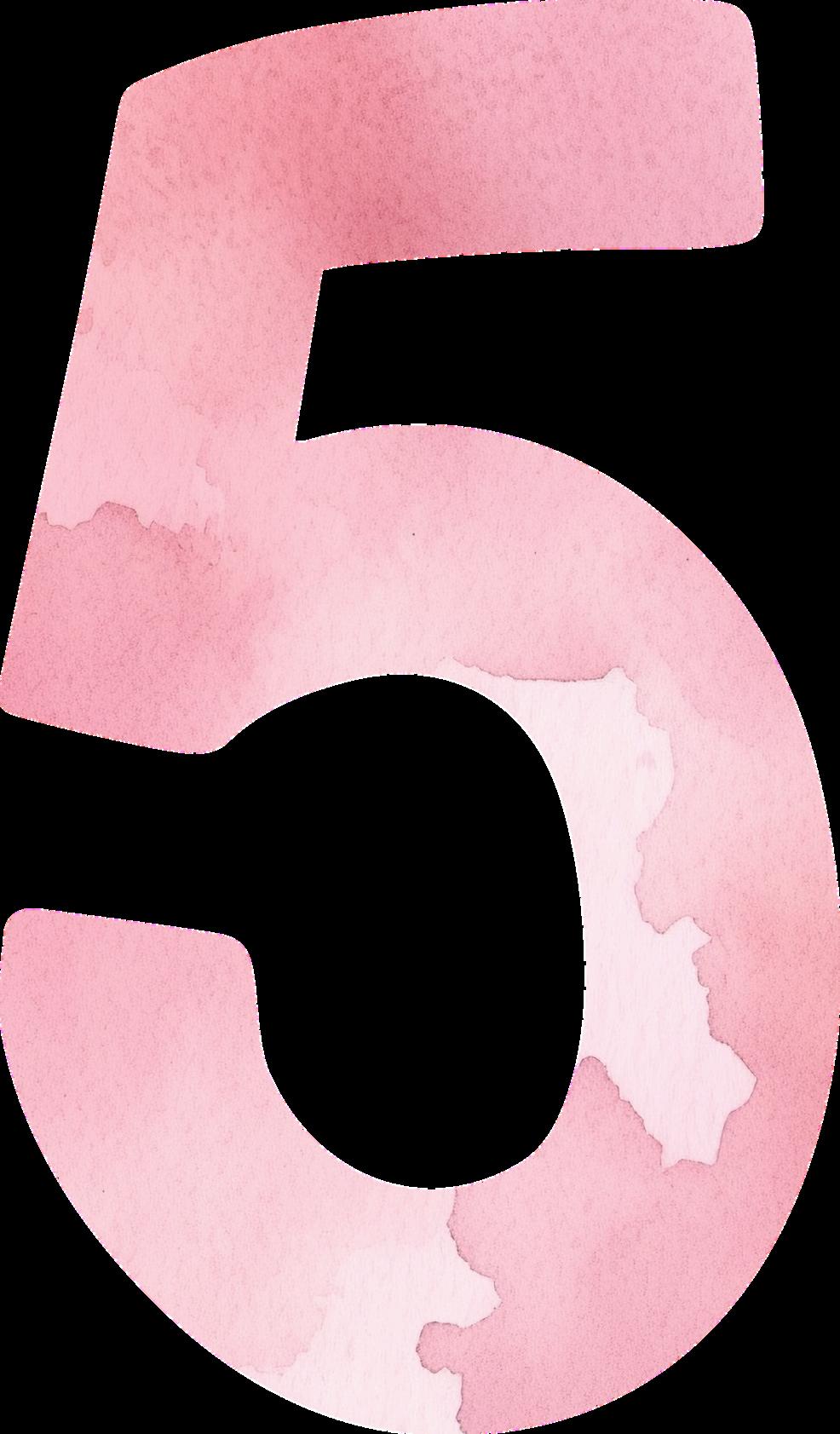
The last few articles have focused on sharing mindful techniques and I thought it useful to reflect on the benefits of adopting a mindful attitude. Whilst the range of opportunities are a huge benefit to our school community, we can sometimes become more focused on results rather than progress Encouraging mindfulness can help shift this mindset, nurturing both wellbeing and a love of learning
Mindfulness teaches children to pause, notice their thoughts, and respond calmly Through simple, age-appropriate activities - such as mindful breathing, body awareness, or short moments of gratitude - pupils learn to focus on the present. This awareness supports emotional regulation and builds the foundations of a growth mindset: the belief that abilities develop through effort and perseverance.


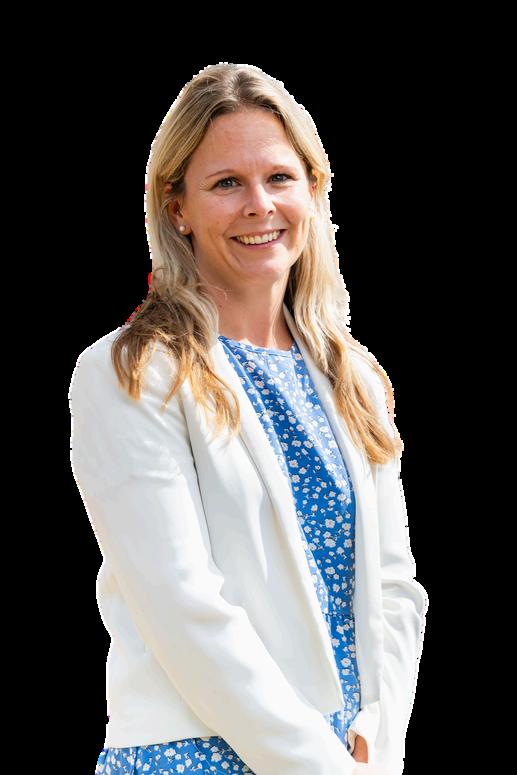
When a child (or a grown-up!) faces a challenge, mindfulness helps them think, “I can’t do this yet,” rather than, “I can’t do this” This small change fosters resilience, curiosity, and a willingness to take on new challenges In the classroom, it encourages deeper engagement and greater enjoyment of learning; beyond it, it helps children manage stress and setbacks with confidence.
For younger pupils, noticing sounds in nature or practising calm breathing can develop focus and patience. Older pupils benefit from short reflective moments to consider how effort leads to improvement Parents can reinforce this at home through calm routines: sharing a positive from the day, taking mindful pauses together, or praising persistence as much as success.
Mindfulness and a growth mindset go hand in hand, helping children approach life with curiosity, compassion, and courage Together, they build the resilience and joy that underpin lifelong wellbeing; something we all want for our children.
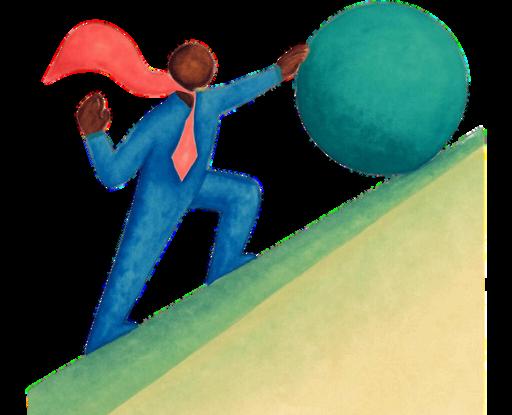
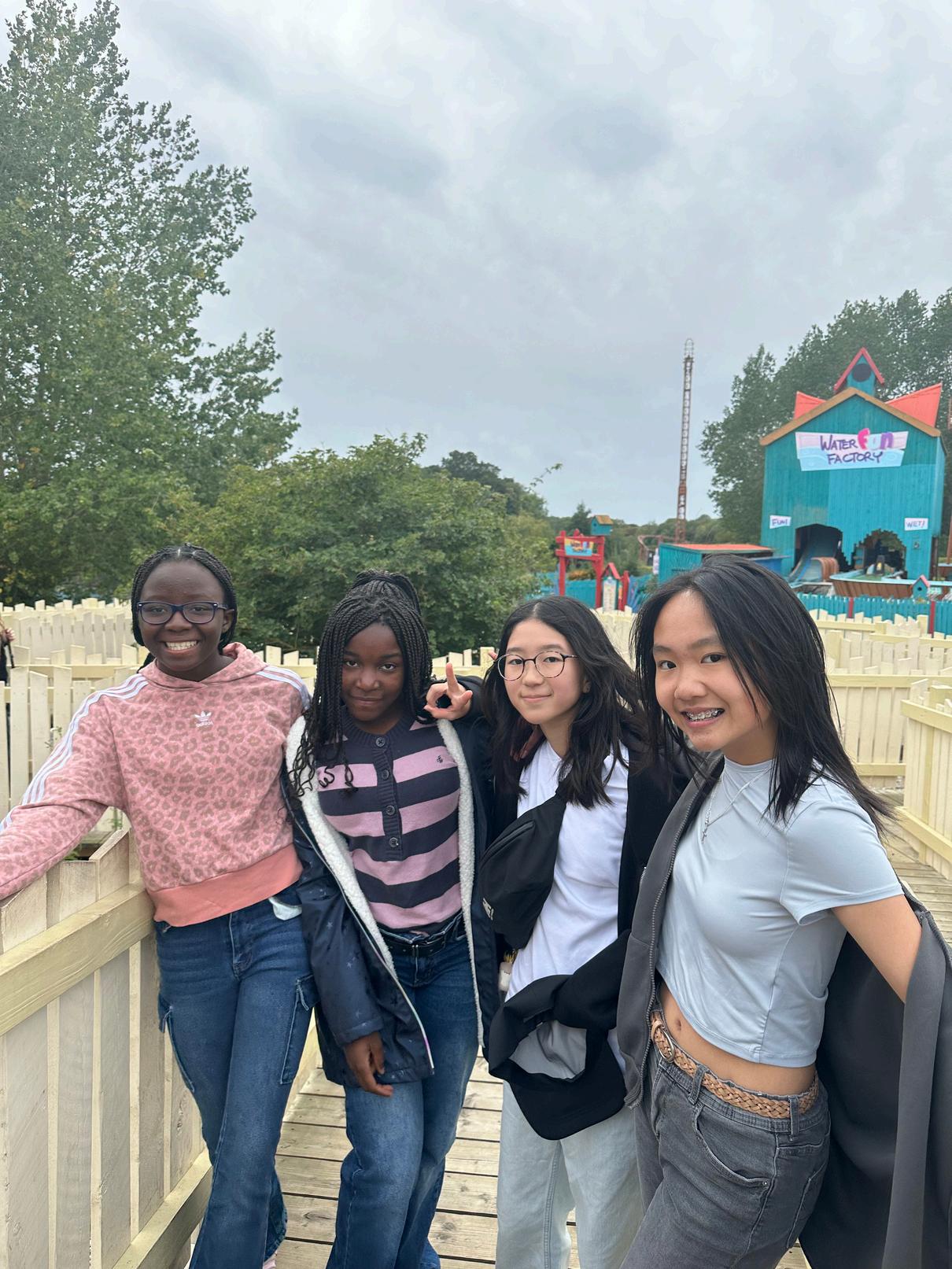
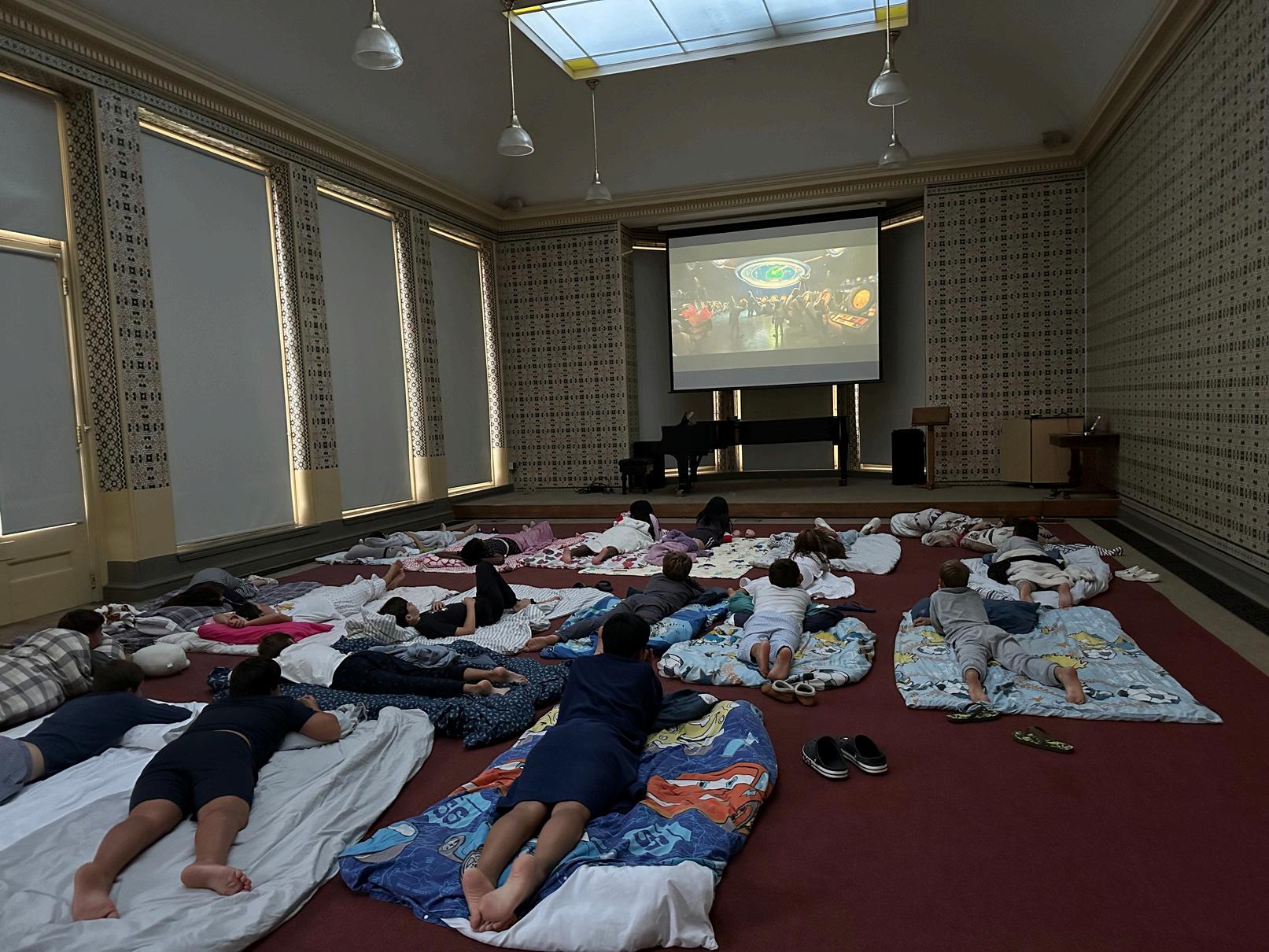


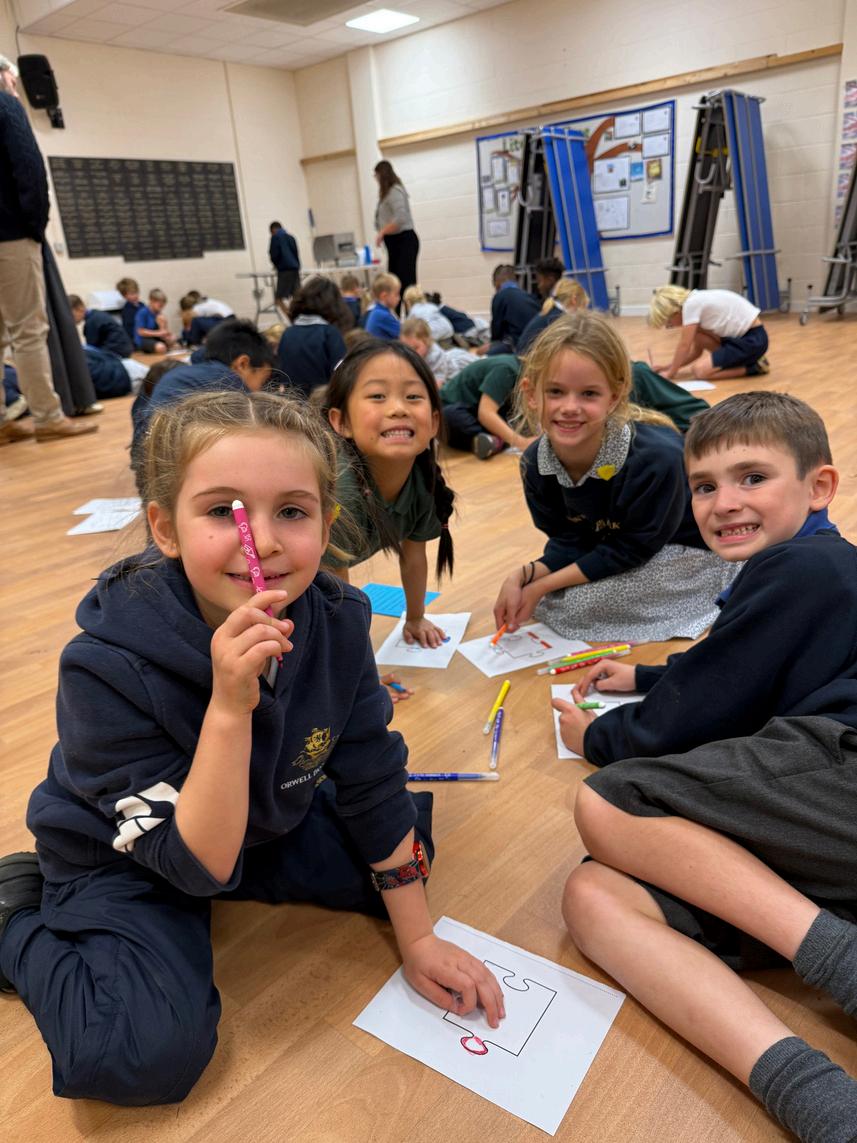

Each month, the OrWellbeing team will share tips, ideas, and guidance to help us all try to navigate the digital world safely At Orwell Park, we want pupils to enjoy technology, know how to use it wisely while keeping themselves happy, healthy, and safe.
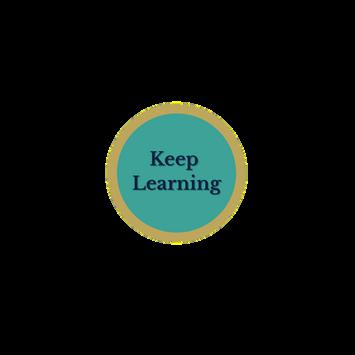
This month we look at new research by common sense media on how boys’ online habits relate to their identity, self-esteem and development and what parents and communities can do to help raise healthy boys
Boys are growing up in a world where social media, gaming and influencers shape how they see themselves and others. From body image pressures to finding community online, digital life is a source of both connections and challenges.

“Digital Masculinity”
73% of boys regularly see “digital masculinity” content about making money, building muscle, fighting or weapons, and more. Exposure also increases with age.
Problematic Stereotypes
69% of boys encounter problematic gender stereotypes, including messages that girls only want to date certain types of guys, that girls use their looks to get what they want, that boys are treated unfairly compared to girls and more.
The “Unwritten Rules” Boys Follow
X No Crying
X No Showing Fear
X Don’t Act Feminine
Boys with high exposure to masculinity content are more likely to feel lonely, suppress their emotions, and avoid vulnerability. Nearly half believe they must follow these “unwritten rules” to avoid being teased or picked on
Algorithms vs Intent
68% of boys report seeing masculinity material in their feed without them searching for it. Algorithms, not user intent, are the primary driver of boys’ exposure to these posts.

Real-world relationships are crucial for boys’ mental health and self-esteem.
When going through tough situations, 79% go to parents for help, followed by friends (54%) and siblings (38%). Boys with at least one human supporting them show significantly better self-esteem and attitudes about themselves
Raising healthy boys, at home and in the community:
Positive role models in media
Community groups and connection
Digital literacy for the online world
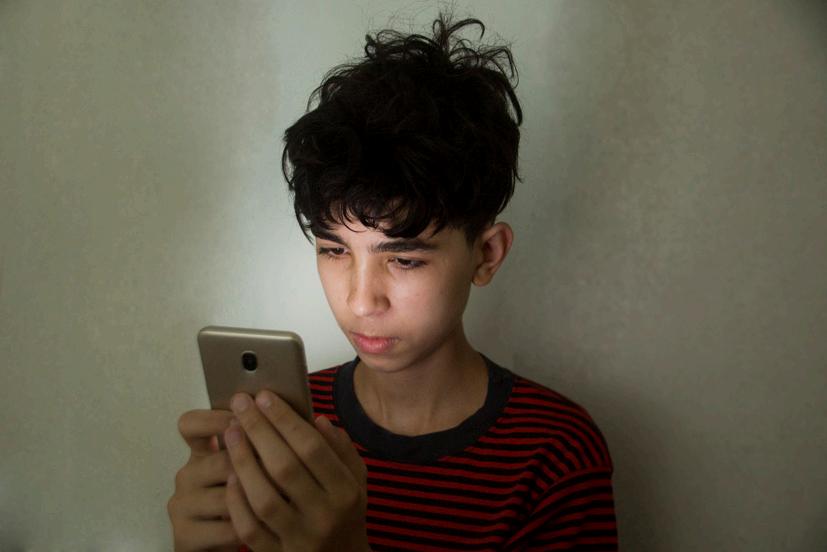




HAVE YOU LOGGED INTO THE WELLBEING HUB YET TO SEE ALL THAT IT HAS TO OFFER?
IF NOT, PLEASE FOLLOW THE LINK HERE.

There are a wide range of webinars available via The Wellbeing Hub Platform, you can join live or watch over the following 2 weeks.
Our top 2 suggestions for you are:
Understanding eating disorders and disordered eating with Isa Robinson, Registered Nutritionist (RNutr) and Nutritional Therapist (mBANT, CNHC)
Wednesday 19 November, 6.30pm th
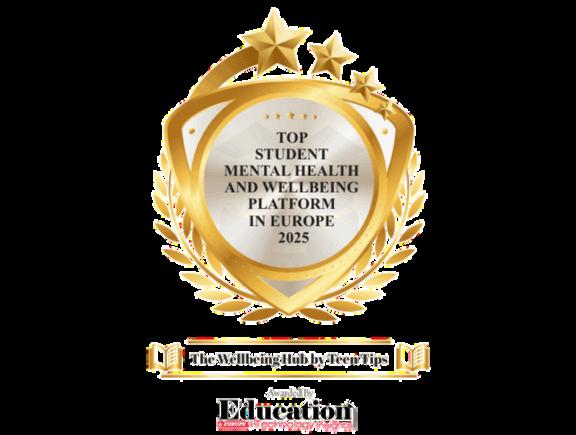
Raising resilience: How to help our children thrive with Dr Tovah Klein, International Author, Child Development Expert and the Director of the Barnard Centre for Toddler Development
Wednesday 10 December, 6 30pm th

Protecting your child’s mental health with Alicia Drummond, Therapist, CEO and Founder of The Wellbeing Hub
Why every teenager needs a parrot – a guide to help parents navigate the tough topics with children aged 10+ with Alicia Drummond, Founder and CEO of The Wellbeing Hub
Understanding depression and how to support your child
with Prof. Bernadka Dubicka, Chair of Child and Adolescent Psychiatry, Hull York Medical School

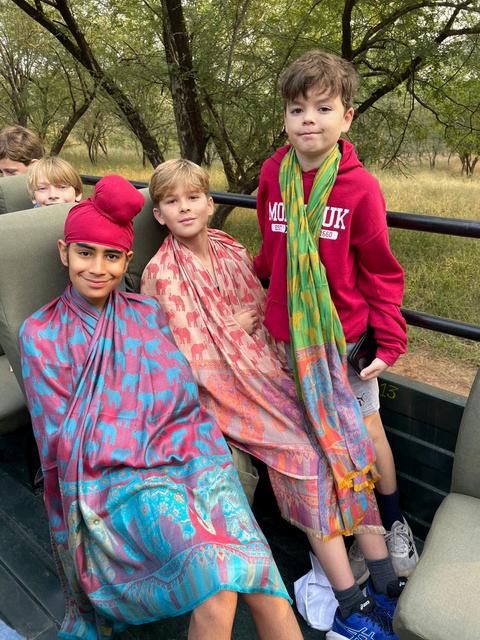
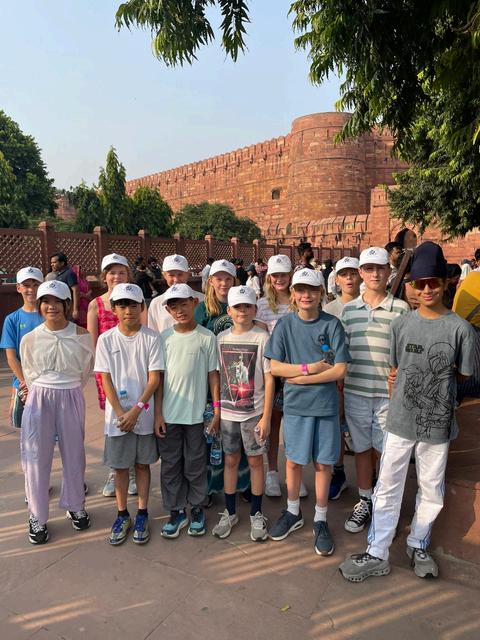

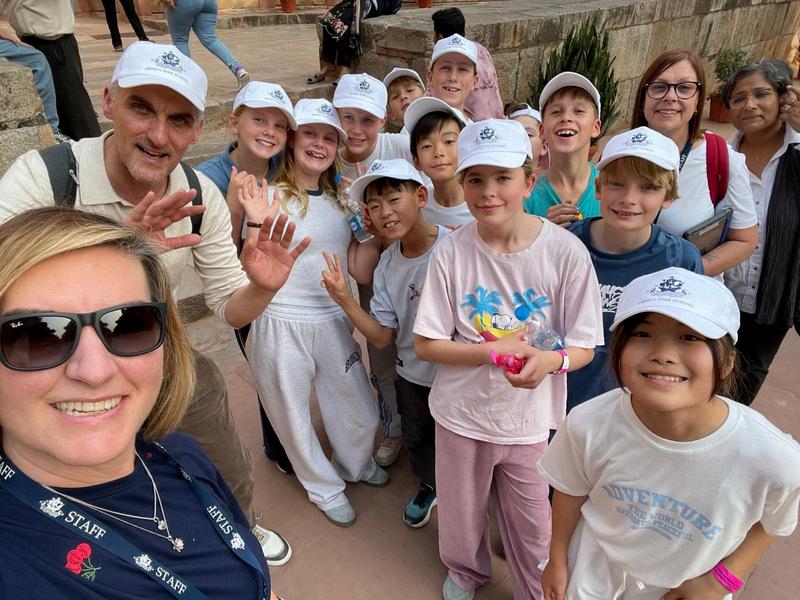
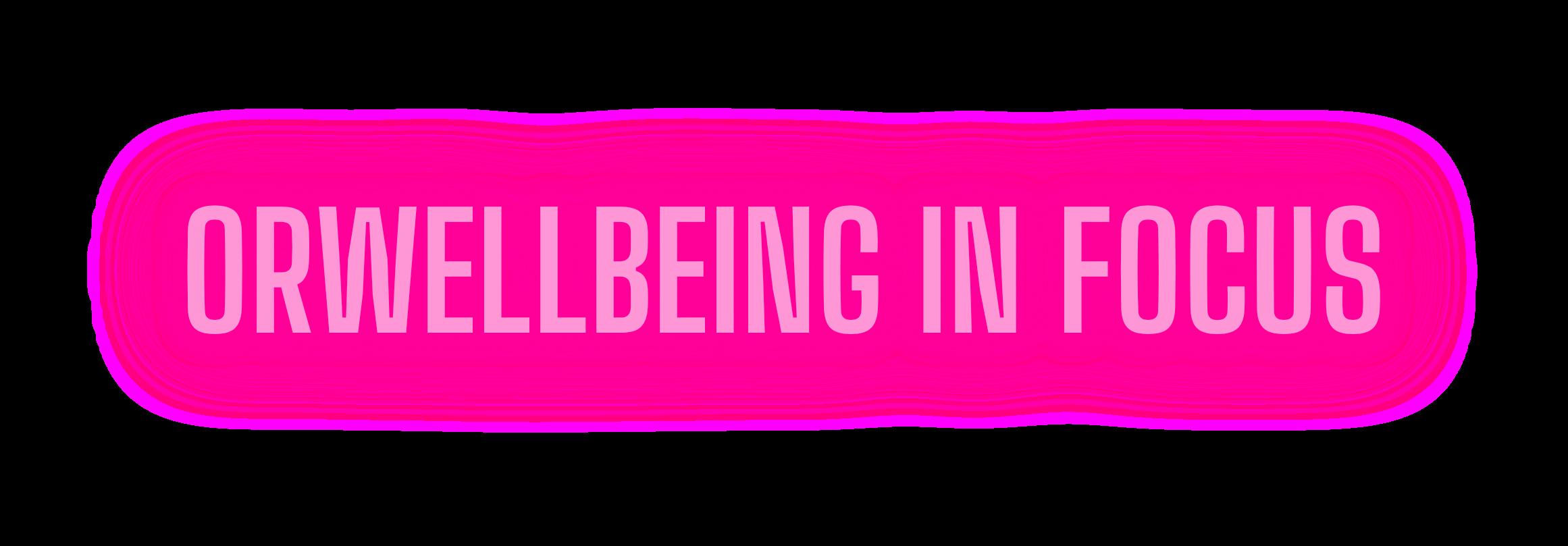
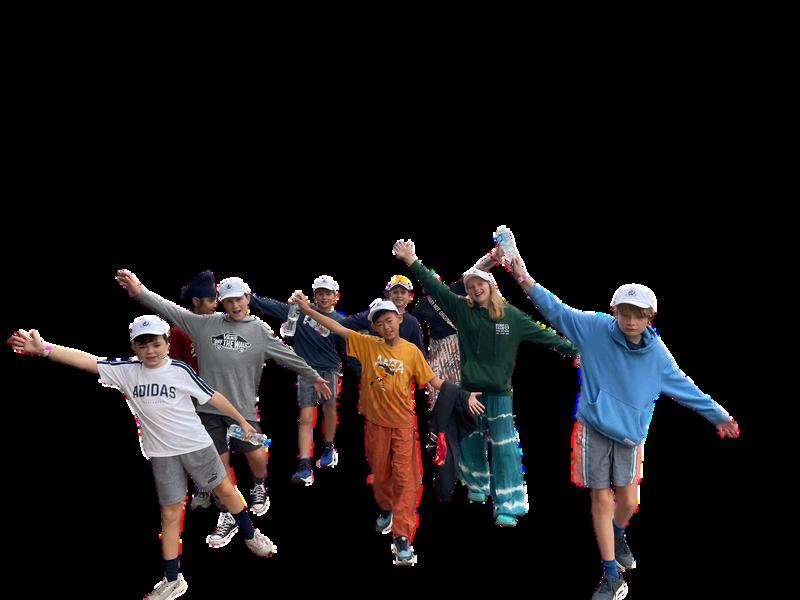
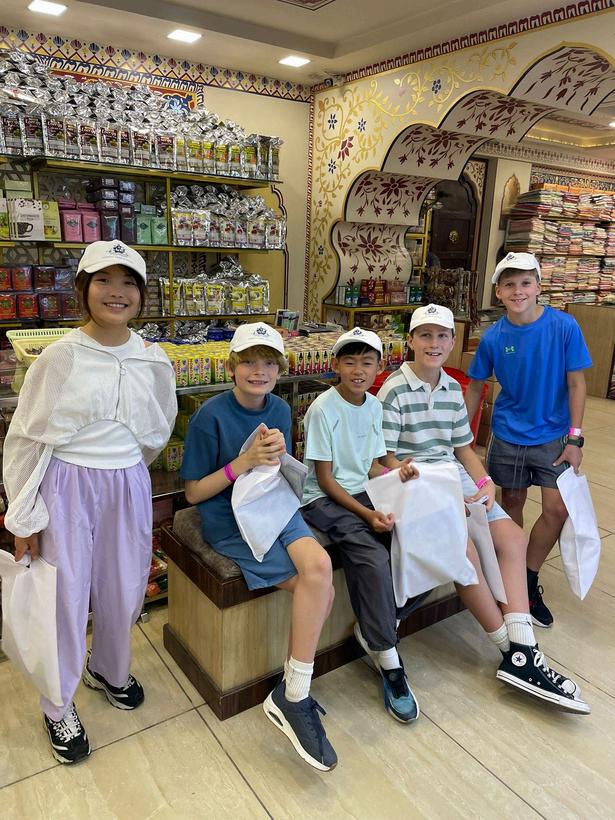

A monthly media spotlight with a member of the prep school community, brought to you by the OrWellbeing Newsletter!
This month we caught up with Joe Durham. Year 2 Teacher, Forest School Lead and new Head of Blue Boars. Joe and wife Hannah, have recently welcomed a daughter, Aubriella, into their family.


In between changing nappies and teaching, here’s what he’s loving right now .
Book I Couldn’t Put Down
What’s the one book you always recommend - or wish you could read again for the first time?
Recently, I’ve really enjoyed working through my new Murdle book It’s a fun and clever collection of murder mystery logic puzzles that’s been perfect for switching off and unwinding

We all have one What’s your guilty pleasure or proud obsession on the small screen?
Friends is hands-down the show I’ve binge-watched the most-and I don’t regret a single rewatch It’s been my go-to since I was a teenager, and now it’s something my wife and I enjoy together We’ve had it on repeat more times than I can count, and it never gets old.
A Final Recommendation
For your commutes, your wind-down, or a moment of inspiration, what podcast do you never miss?
I usually reach for something sportrelated The Overlap and Stick to Football are regular listens-easy going, often funny, and packed with great insight Roy Keane and Ian Wright are comedy gold and make every episode entertaining

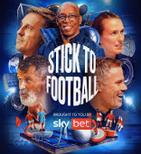
Film That Stuck With You
What film left a lasting impression and why?
A film that has always stayed with me is The Pursuit of Happyness As a father, I was really moved by the strength, determination, and resilience shown in the story. It reminded me of the lengths we go to for our families

Which song, album or artist lifts your spirits or helps you focus?
My favourite band has to be Coldplay. They’ve been a constant in my life for years, and their music has carried me through so many different stages I love how their sound has evolved over timethere’s truly a Coldplay song for every mood
I’m also a big fan of James Bay, especially his first album Chaos and the Calm It’s one of my go-to albums for car rides.

An app, YouTube channel, newsletter, magazine - or even a place - that’s enriching your life right now
As for a guilty pleasure, The Great British Bake Off is a must-watch every year It perfectly lines up with the transition from summer into autumn-my favourite time of year


Is there a media gem or hidden treasu 'd l ?
My family and I love spending time outdoors, and we ’ re lucky to have nature right on our doorstep I make the most of it whenever I can - whether that’s enjoying a round of golf on the fantastic holes we have at OPS or spending time in our wonderful Forest School, tweaking the site and embracing everything the natural environment has to offer. Being outside truly keeps me energised and inspired


O’Brien, Deputy Head Pastoral,
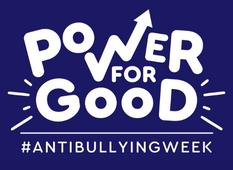




November 10 - 14 marked national Anti-Bullying Week, in which the work of schools and all settings was highlighted, and a special focus was given to the way pupils treat each other. It is worth repeating here our core statement, contained in our Anti-Bullying Policy:
“Orwell Park School does not accept bullying under any circumstances. Bullying is defined as behaviour by an individual or a group, usually repeated over time, that intentionally hurts another individual or group either physically or emotionally”
It is also worth remembering that bullying can take many forms, and some (but not all) of these may be as follows:
Name calling, taunting, mocking or making offensive comments
Kicking, hitting or pushing
Taking belongings
Inappropriate text messaging, emailing or the consensual or non-consensual sharing of images or other forms of online bullying or ‘cyberbullying’. It may involve so-called ‘banter’
Gossiping, excluding people from groups or spreading hurtful and untruthful rumours
The theme of Anti-Bullying Week is Power for Good. Teachers and children wanted a theme that empowered them to do something positive to counter the harm and hurt that bullying causes. Following the success of the campaign in 2024 - when over 80% of schools marked the week, reaching over 7 5 million children and young peoplethis year, we’ll empower children and young people to use their Power for Good to speak out, support others, and build a world where kindness wins

Last year we raised £5148 for three wonderful charities - Noise Solution, MNDA and World Cancer Research Fund.
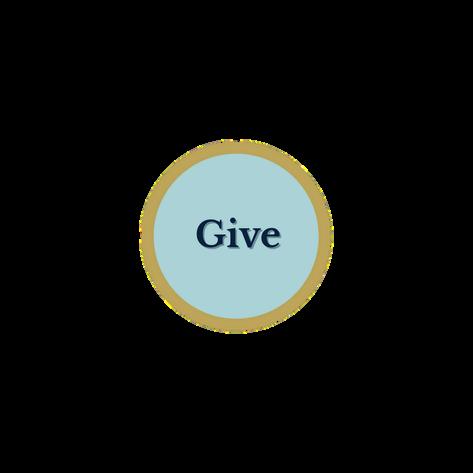
We recently held an assembly led by Henry and Lexi, our Head Boy and Head Girl, where they explained how we had fundraised over the year. Following this, representatives from each charity shared their thoughts, and here’s what they had to say…
“At Noise Solution we work with young people facing all sorts of challenges. Through music mentoring and digital story telling, we create opportunities for young people to build confidence, to feel proud of what they can achieve, and to reconnect with education, their families and their communities. We are truly grateful to everyone at Orwell Park School. We will be using the money to create small grants for young people who otherwise wouldn't be able to afford their own musical equipment. This can be life changing. They will be able to keep practising, building and creating, and so ultimately you are opening doors for young people, which is very special.” Simon Glenister


“On behalf of the Motor Neurone Disease Association, I would like to say a heartfelt thank you to everyone in the school community for your incredible support and generosity. Your fundraising efforts have raised vital funds that will help provide care and support for people living with MND, as well as contribute to research looking for a cure By coming together as a community, you have made a real and meaningful difference to the lives of others. Thank you for your compassion, enthusiasm, and kindness your actions bring hope to families affected by MND.” Gill Solway
“”The money you have raised will help fund vital research and education programmes that prevent cancer and support healthier futures for people around the world Your kindness, enthusiasm, and commitment have made a real impact, and together, you are helping to save lives through the power of research and awareness.
A huge thank you for your incredible support over the past year, you have made a real difference.” Marianne Kellner

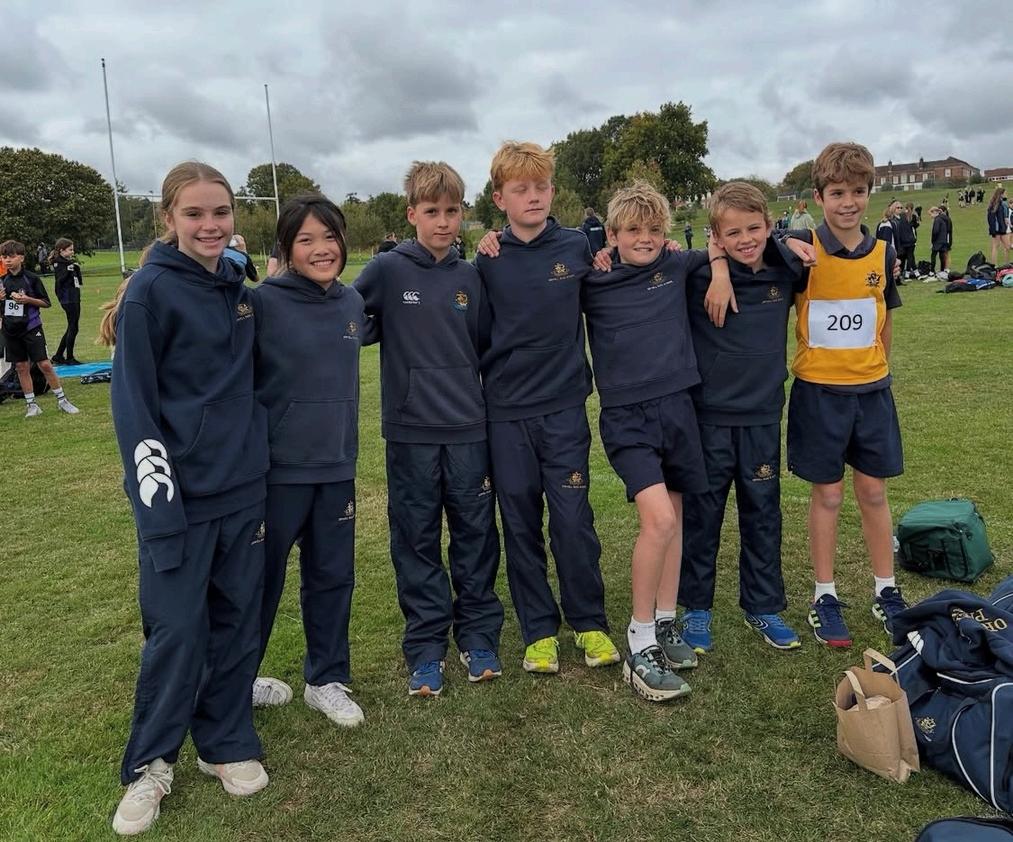
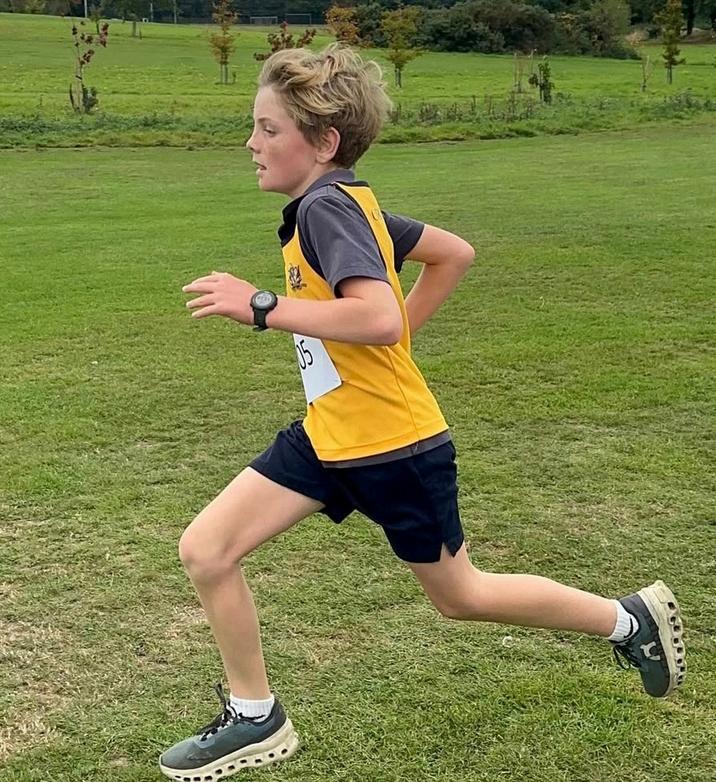
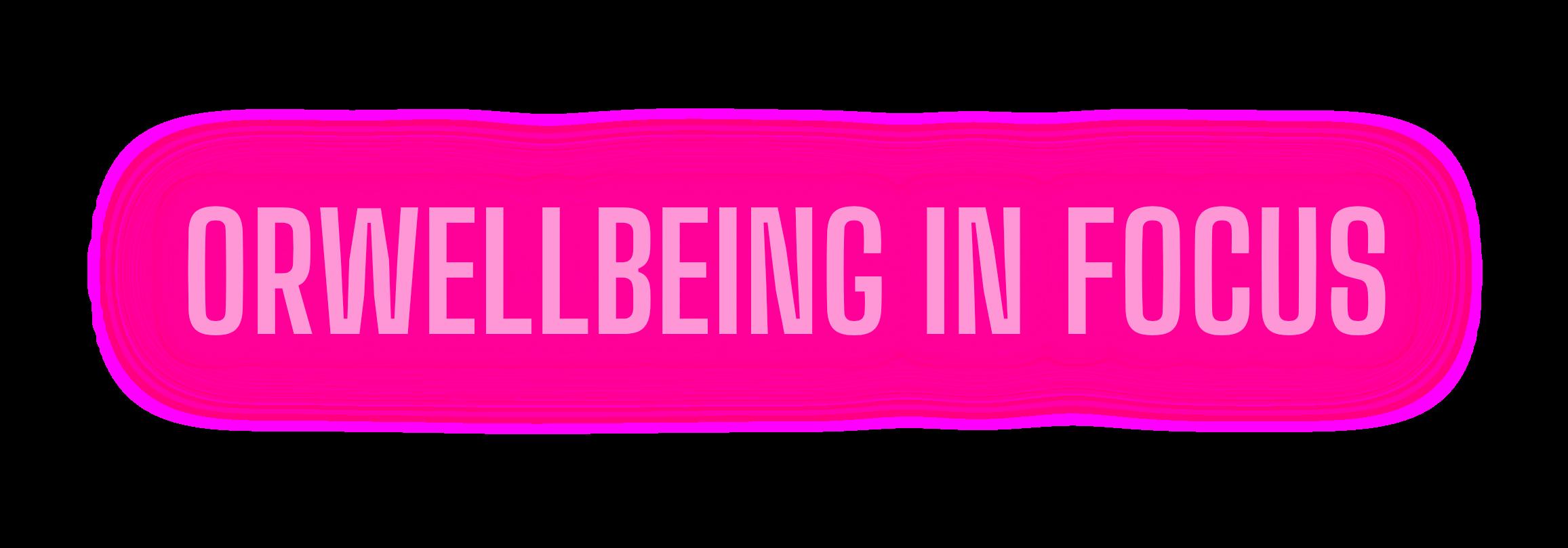
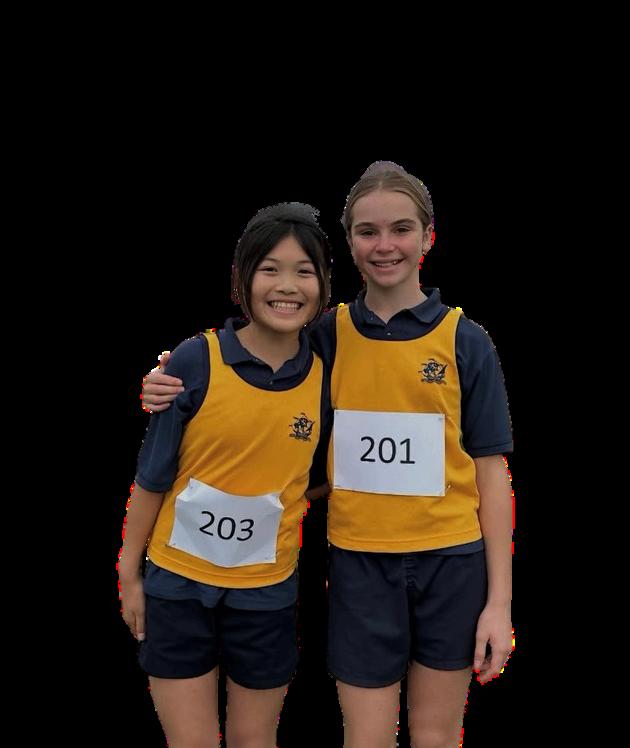
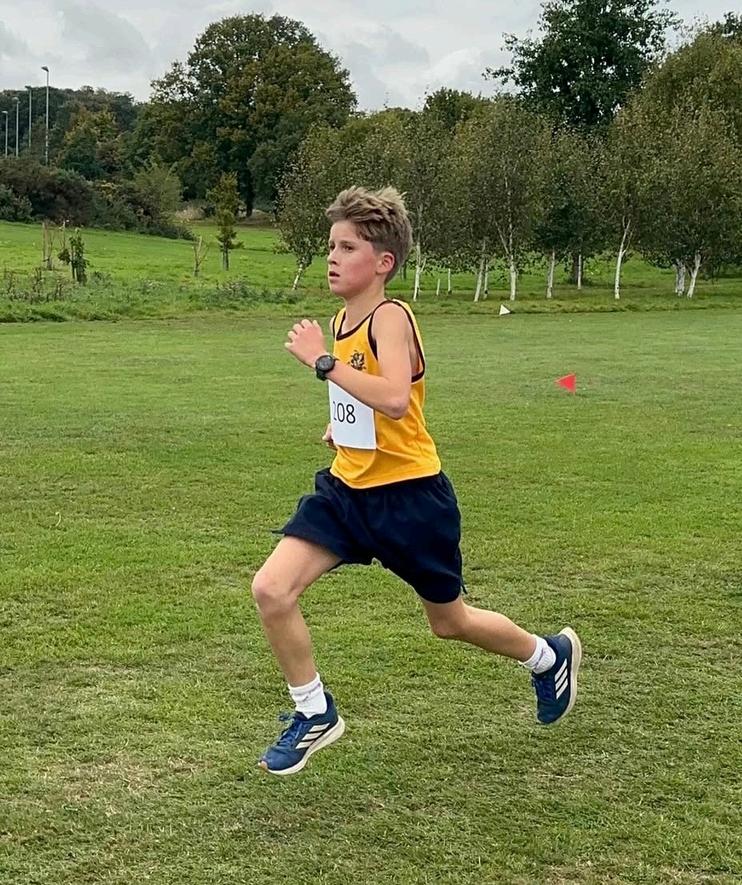

ALLABOUTME
Learningabout ourselves
Families
Wherewelive
E C E M B E R
Whatwe celebrate
YEAR 3
RESPECTING
OURSELVESAND OTHERS
Friendshipchanges
Strategiesfor resolvingconflict
Usingourpower forgood
YEAR 6
GROWINGAND CHANGING
Recapphysicaland emotionalchanges duringpuberty
Changeand becoming independent
Howababyismade
YEAR 1
SAFE
RELATIONSHIPS
Howfriendships aremade
Recognisingthat friendscanhave similaritiesand differences
Demonstrateways tobeagoodfriend
YEAR 4
GROWINGAND CHANGING
Recognisingwhat pubertyis Identifysomebasic physicalchanges thathappento bodies
YEAR 7
BUILDING
RELATIONSHIPS
Healthyand unhealthy relationships
Respondingto harmfulonline behaviour
Managingconflict
YEAR 2
GROWINGAND CHANGING
Themainstages ofthehumanlife cycle
Recogniseand usethecorrect namesforparts ofthebody
YEAR 5
GROWINGAND CHANGING
Aboutthe importanceof personalhygiene
Aboutemotional changesduring puberty
YEAR 8
IDENTITYAND RELATIONSHIPS
Influenceson relationship expectations
Whatconsent meansand whatitlooks like
KEYWORDS:Respect,pressure,peerinfluence,boundaries,consent, emotions,,confidence,privacy,hygiene,puberty,support,safe,appropriate



How you can use Jessie & Friends to help keep your child safer online
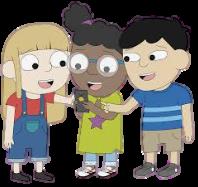
Before you watch Jessie & Friends with your child, here are a few things you can do:
Explore together: Ask your child to show you their favourite websites and apps and what they do on them. Listen and show interest and encourage them to teach you the basics of the site or app.
Initiate (and continue) conversations about online safety: Ask them if anything ever bothers or worries them while they’re online You could use examples of events from the animations and ask if they’ve experienced anything similar. Reinforce the key message: if anything happens online which makes them feel worried, scared or sad, the best thing to do is talk to you or another adult who they trust
Help your child identify adults who can help: Help your child identify trusted adults from different areas of their life such as at home or at school
Be non-judgemental: Explain that you would never blame them for anything that might happen online, and you will always give them calm and loving support.
Supervise your child while they’re online: Keep the devices your child uses in communal areas of the house such as in the living room or kitchen where an appropriate adult is able to supervise. It is not safe for 4-7 year olds to access the internet unsupervised in private spaces, such as alone in a bedroom or bathroom.
Talk to your child about how their online actions can affect others: If your child is engaging with others online remind them to consider how someone else might feel before they post or share something. If they are considering sharing a photo or video of somebody else, they should always ask permission first.
SafeSearch: The use of ‘SafeSearch’ is highly recommended for use with young children Most web search engines will have a ‘SafeSearch’ function, which will allow you to limit the content your child is exposed to whilst online Look out for the ‘Settings’ button on your web browser homepage (often shaped like a small cog).
Parental controls: Make use of the parental controls available on your home broadband and any internet-enabled device in your home You can learn more by reading our article on using parental controls.
Visit the CEOP Education 4–7s website with your child. Featuring Jessie & Friends, it helps children spot worrying or scary situations online through fun, interactive badges on watching videos, sharing pictures, gaming, and chatting. They earn stars and certificates by helping Jessie, Tia, and Mo learn to “Tell a Grown Up” when something online feels wrong.
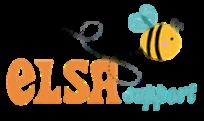
17-23NOVEMBER
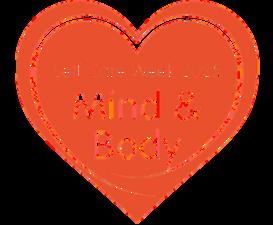
Nurturingyourselfisafundamentalpartofself-care.Self-careisthepracticeof intentionallytakingtimetonurtureyourphysical,emotional,mental,andspiritual wellbeing.Nurturingpracticeshelpreducestress,improveyouroverallhealth,and maintainapositivemindset.SowhynottrysomeoftheseactivitiesinNovember, thatpromoteyourhealthandhappiness?!

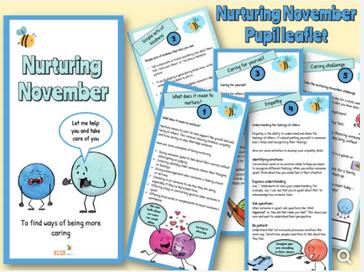

If you would like to start a self-care plan or would like more information about Nurturing November, come and speak to Mrs Brunt!

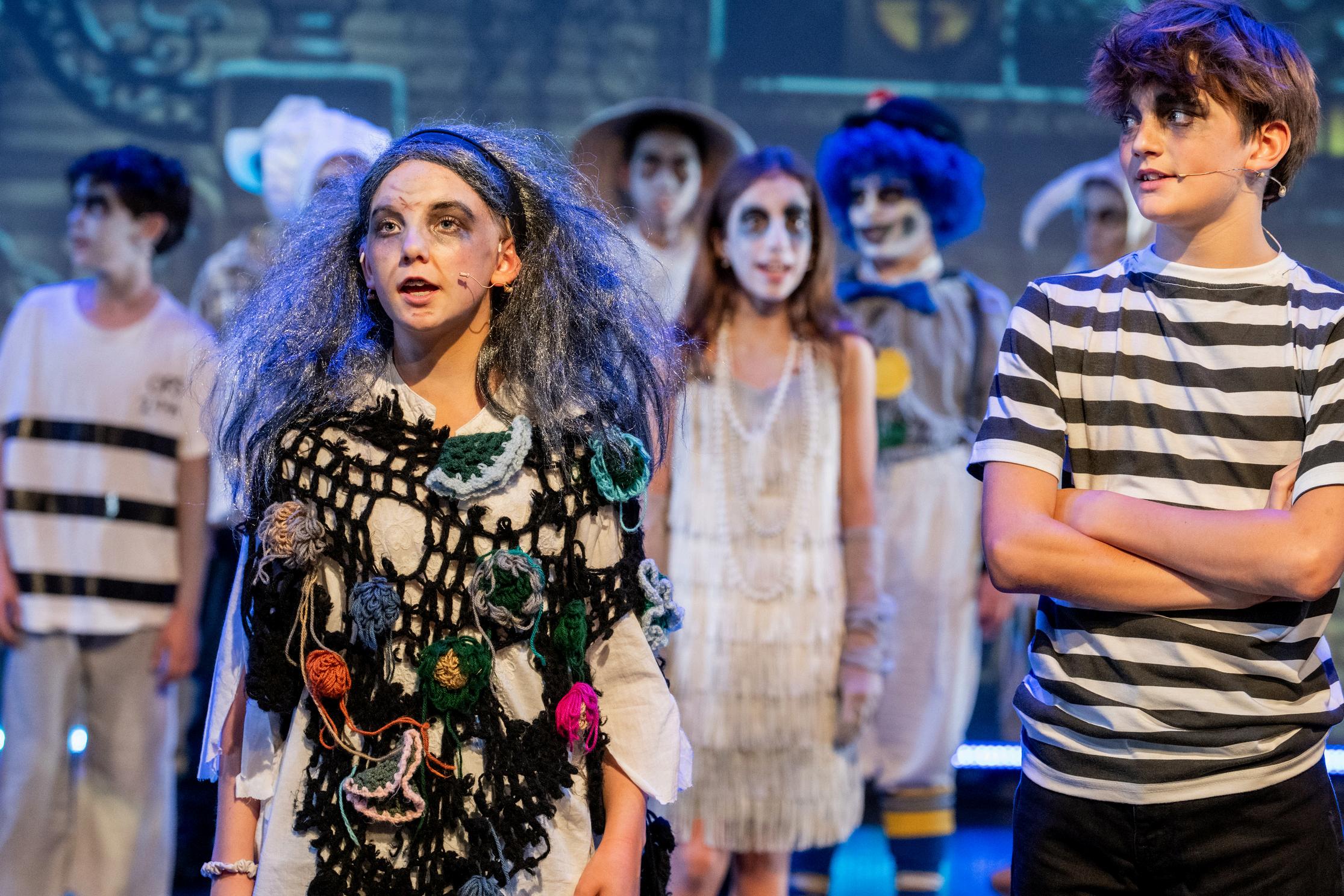

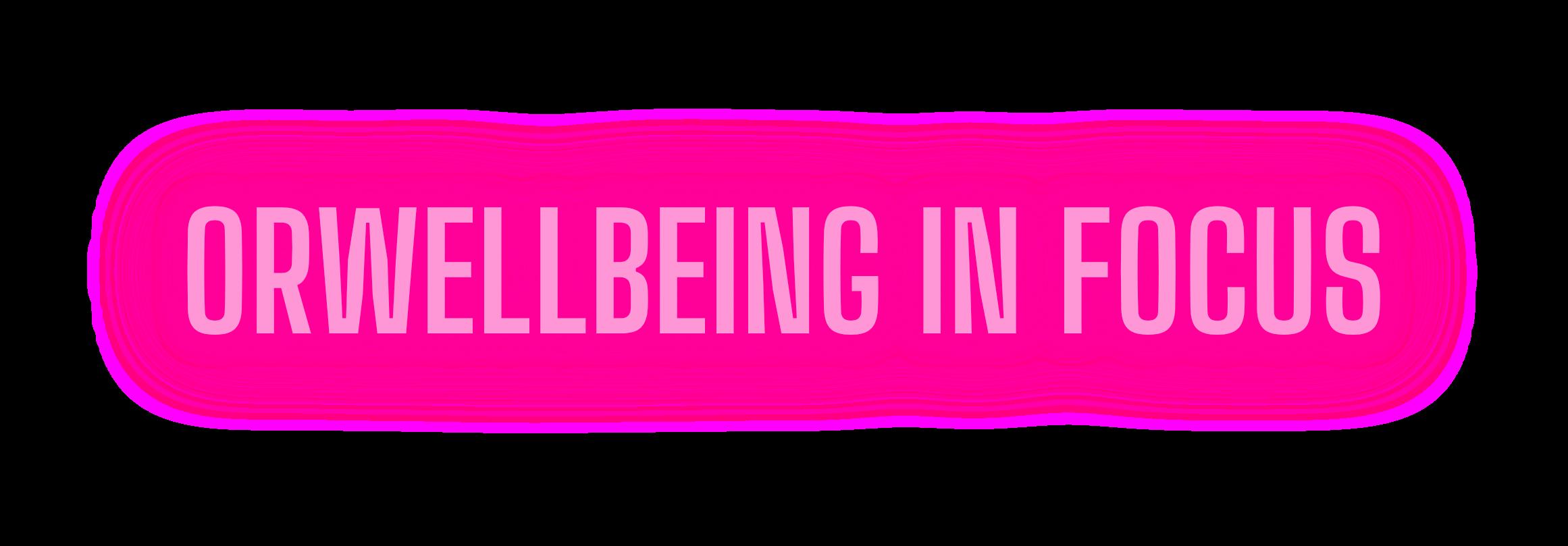
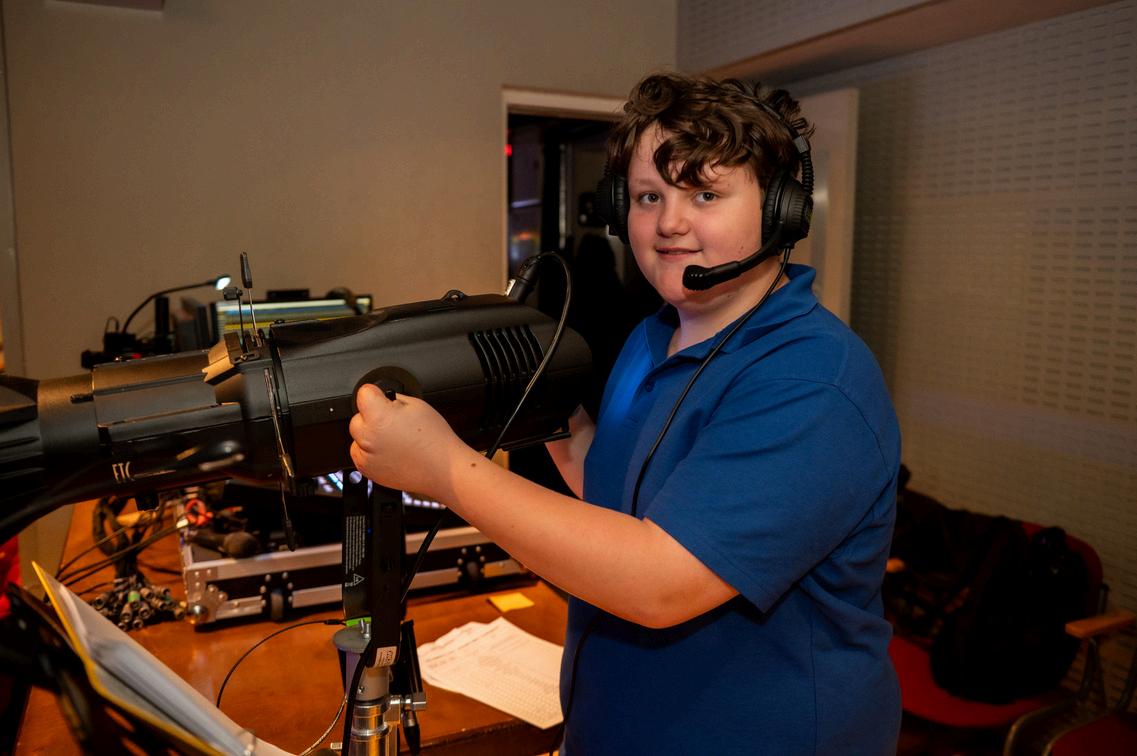

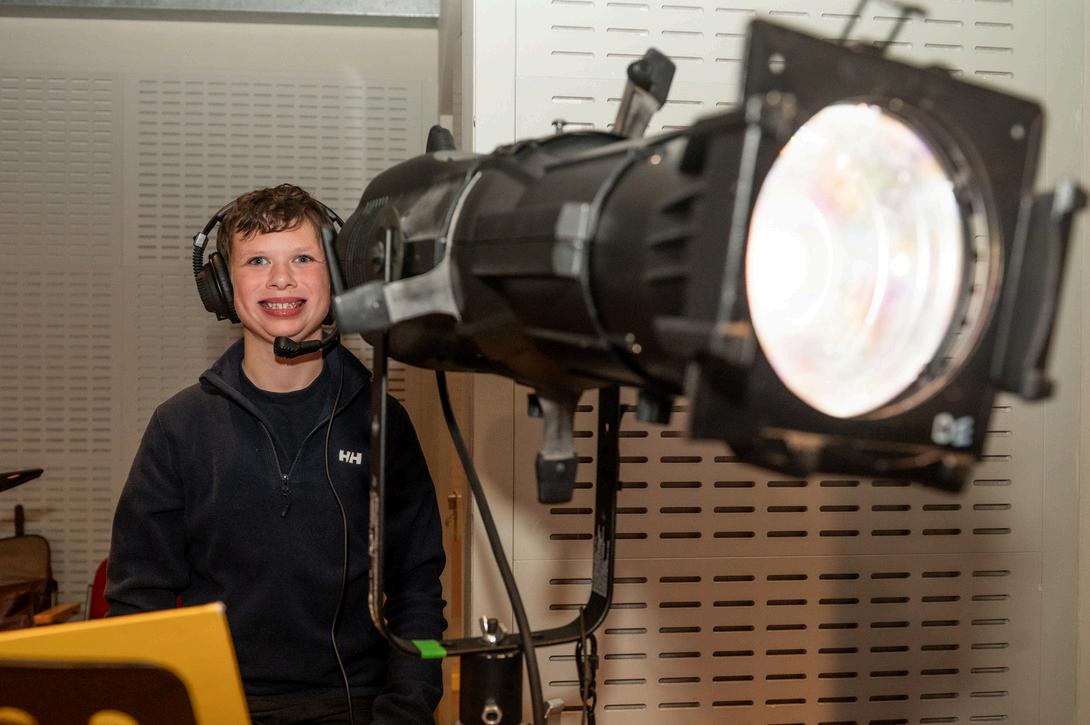
O r w e l l P a r k P a r e n t s ’ A s s o c i a t i o n
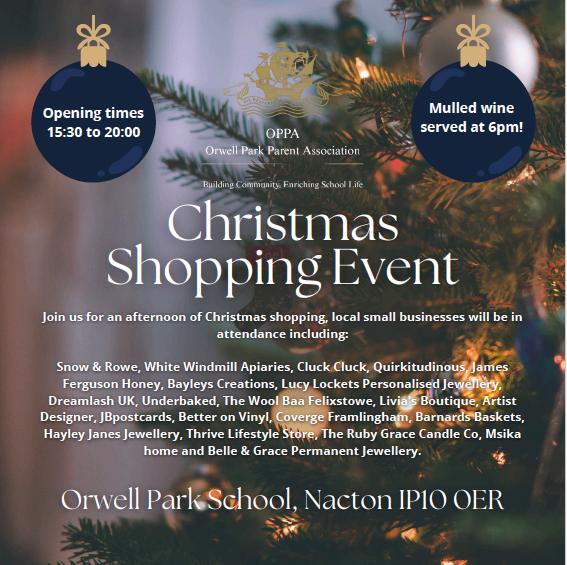
Join us on Tuesday, 2nd December 2025 from 15:30 to 20:00 at Orwell Park School for a magical afternoon and evening of festive shopping, mulled wine, cake, and community spirit!
✨ Discover unique gifts from local stalls
✨ Enjoy a complimentary mulled wine from 18:00
✨ Try Lay & Wheeler champagne and casual wine tasting - perfect for your Christmas orders!
✨ Relax with tea, cake, and great company
✨ All funds raised support children’s projects and chosen charity
Bring your friends, family, and festive cheer!
RAFFLE TICKETS ARE NOW ON SALE!!
Let’s make this a magical event for our children and community!



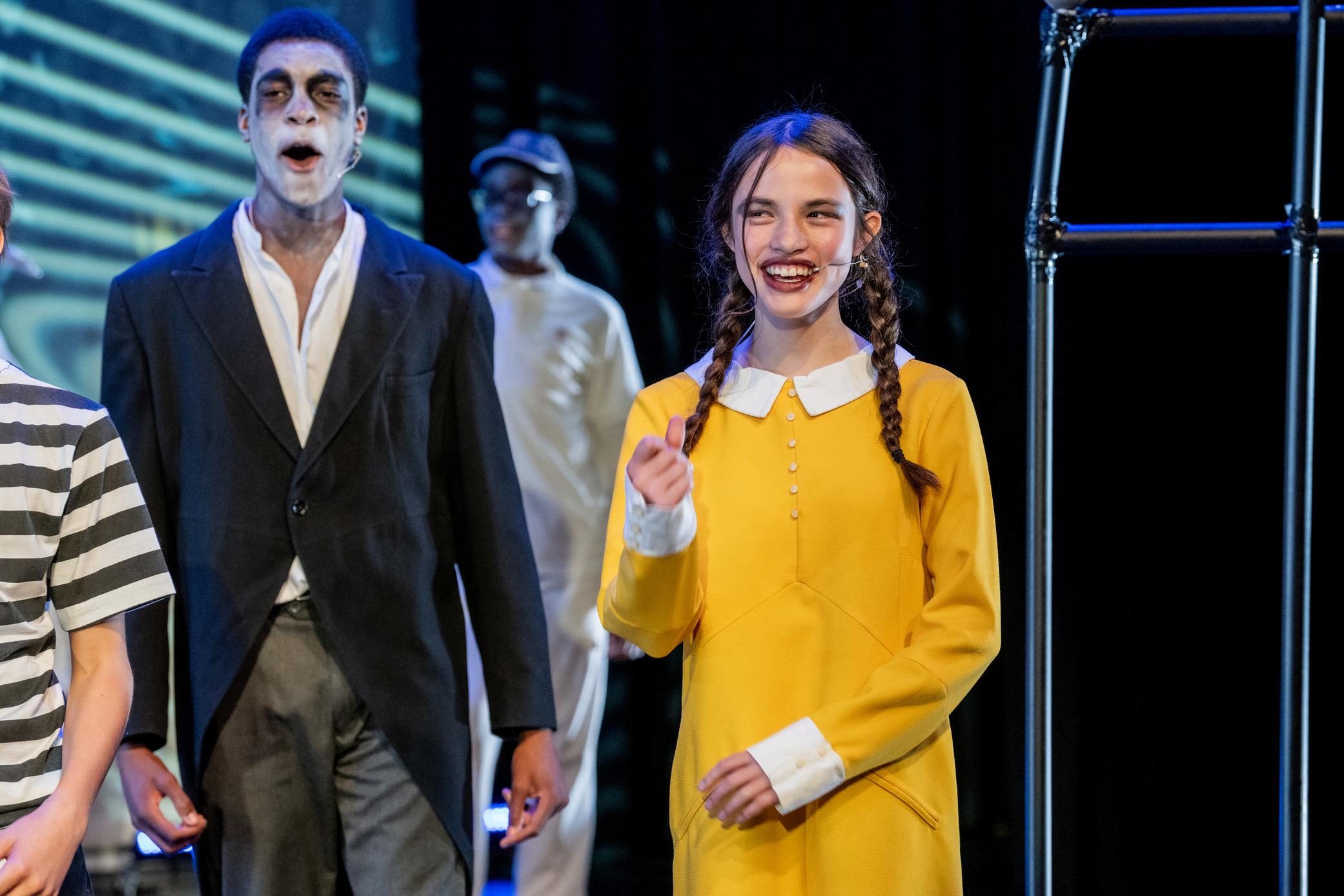

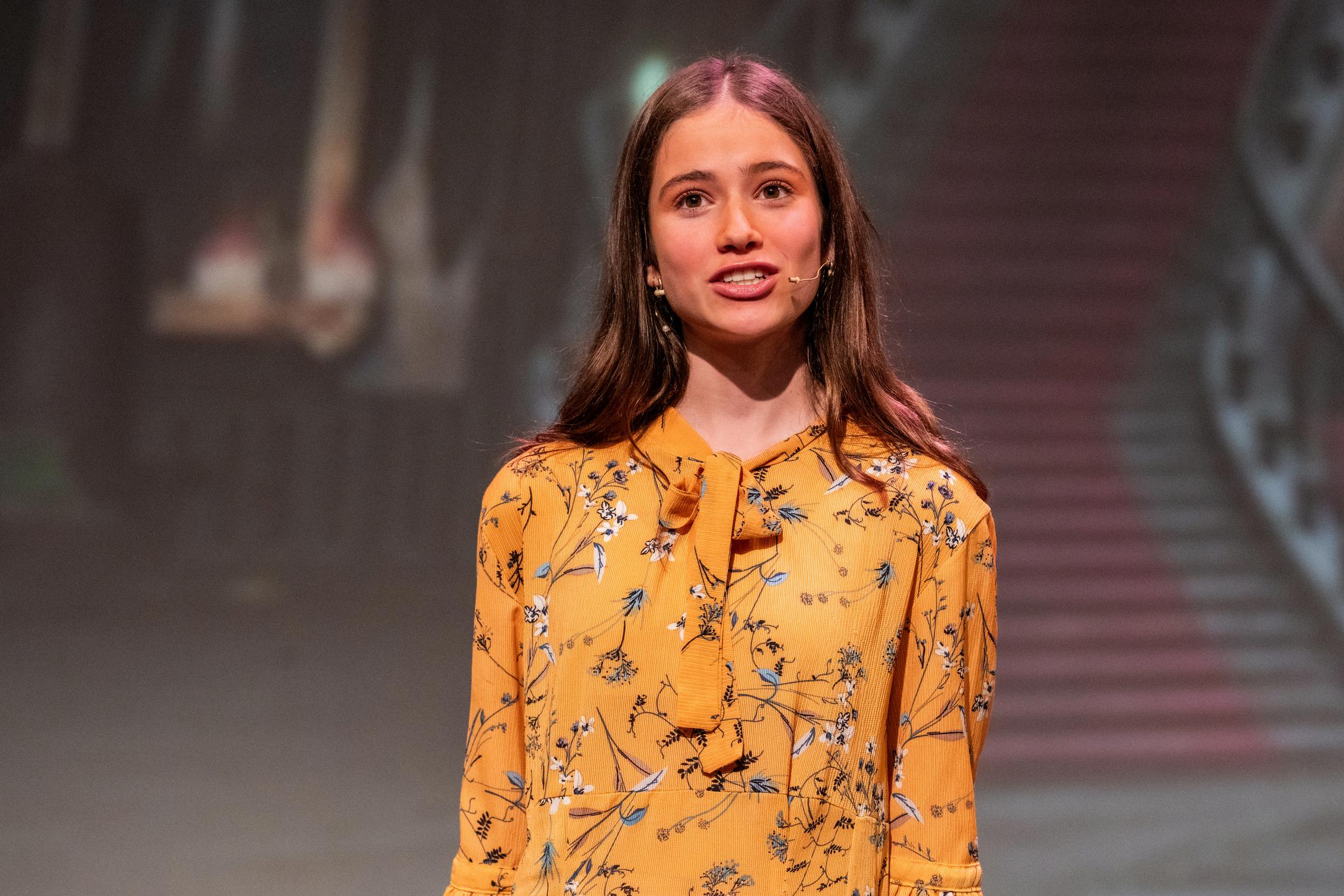

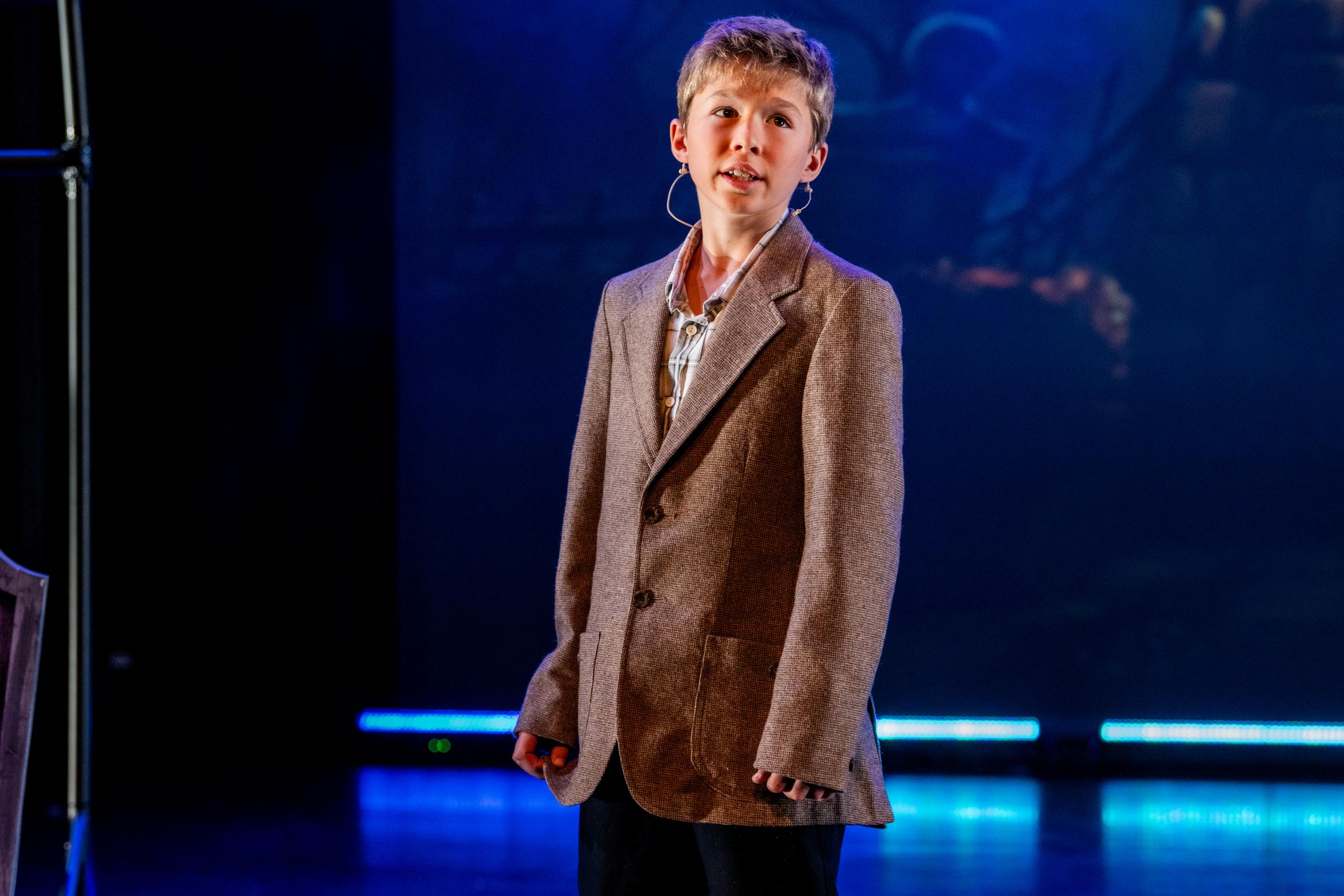

Each month, we sit down with one of our pupils to hear about their favourite moments, exciting discoveries and proudest achievements at school.
HERE’S WHAT FLORA HAD TO SAY ABOUT THE MONTH OF OCTOBER AT OPS!
What’s been your favourite part of school this month and why?
I’ve loved taking part in the IAPS hockey tournament for the Under 11 team because it’s a really fun team event and everyone was really supportive.
What’s something new you’ve tried or learned recently that surprised you?
I’ve learnt how to draw a turtle which was really cool as I love drawing animals!
What’s one moment this month that made you feel really proud?
When I was really close to scoring a goal in the IAPS competition because it was my first time there and it was very exciting.
What’s the most fun or unusual thing you’ve done in school lately?
I really enjoyed going bowling with Mr Gibbs. The best part was getting to know everyone in my tutor group and it was a lot of fun too.
Who’s someone in school who made your day better this month and what did they do?
Rosanna kept me going when I was sad because she is a really kind friend.

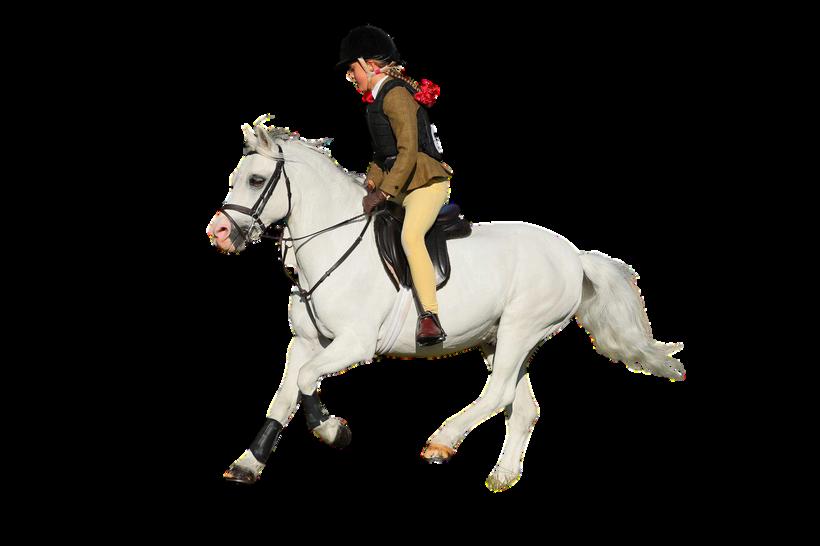

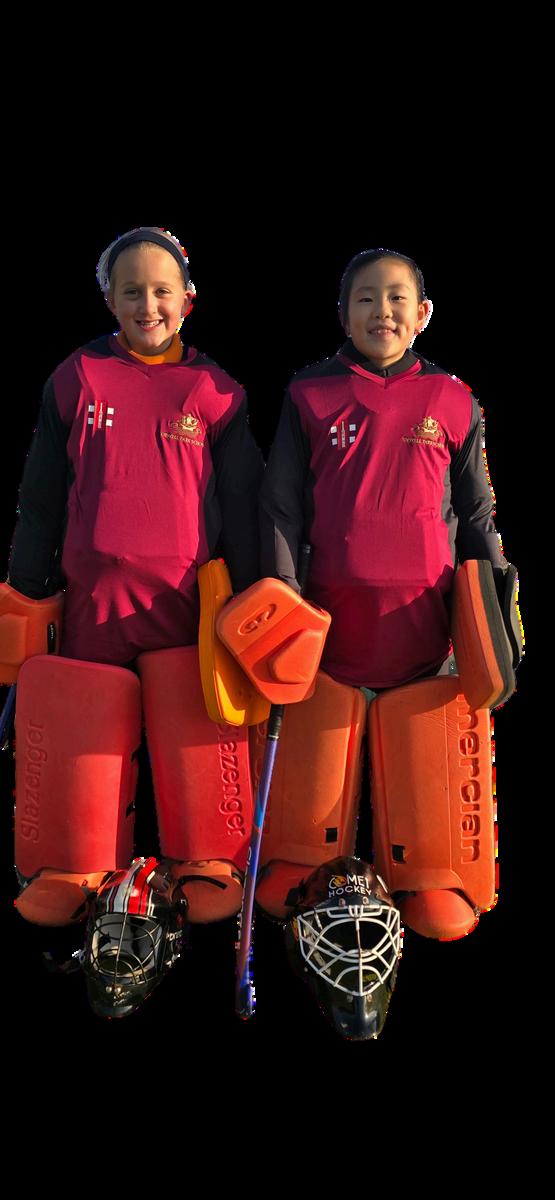
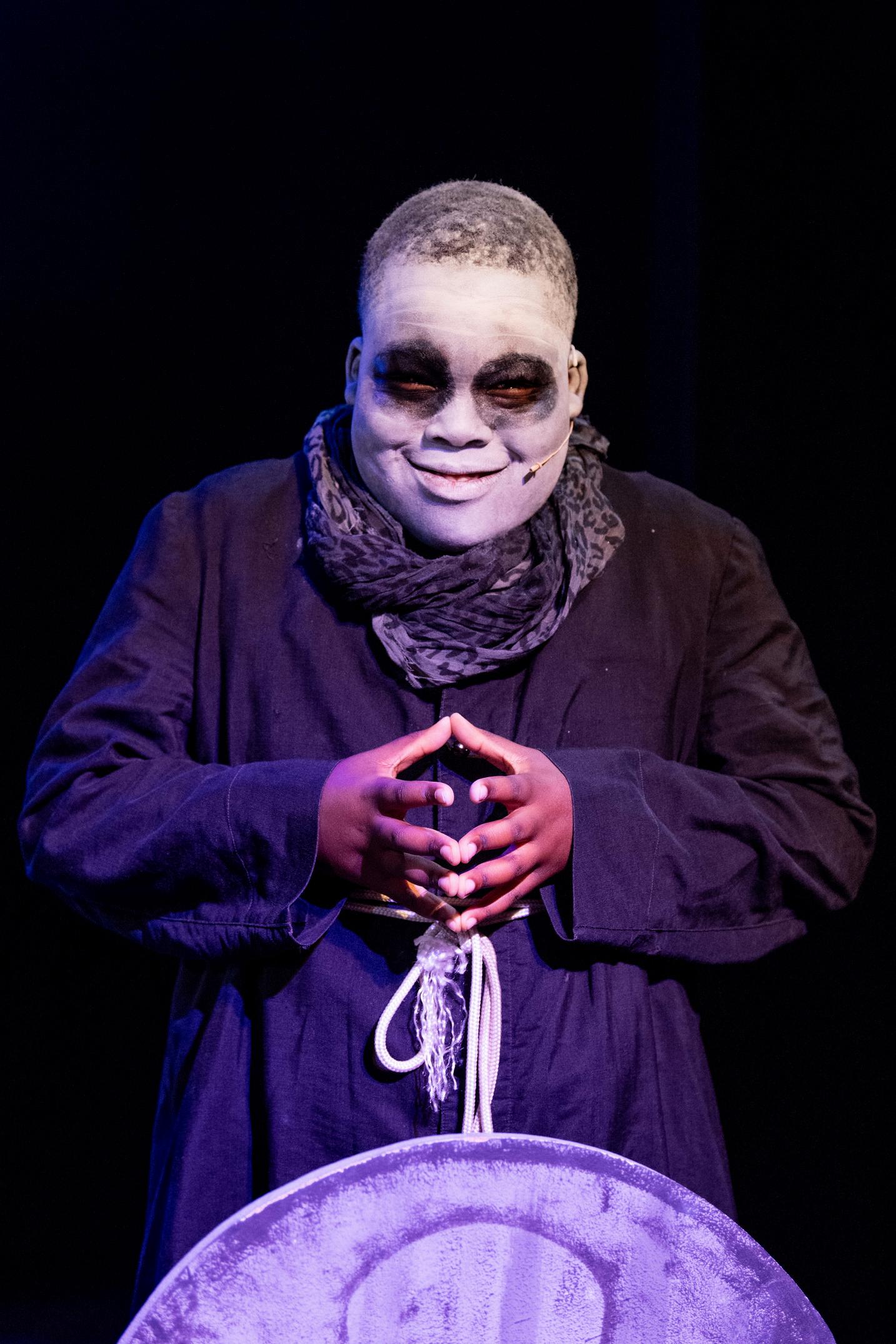

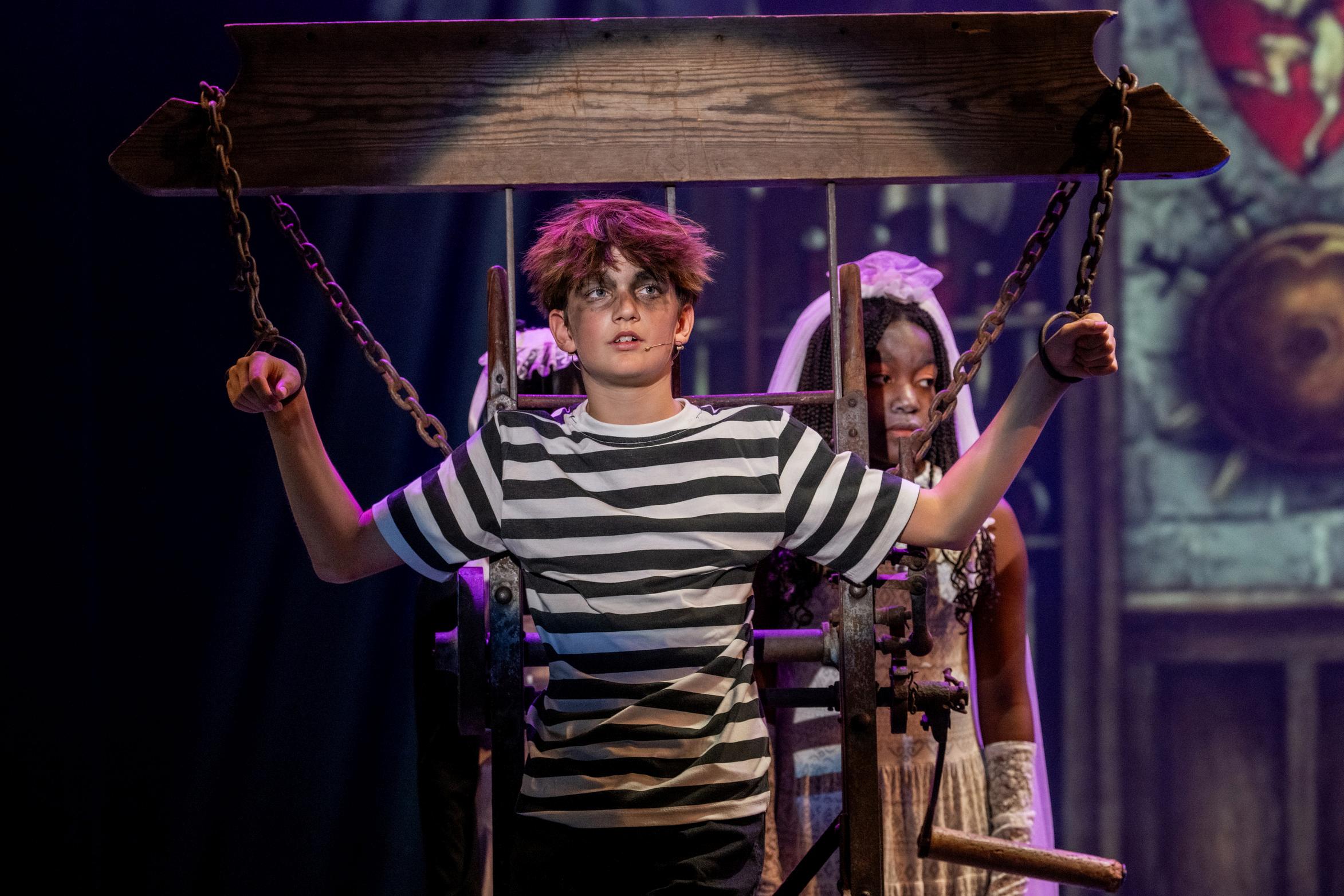
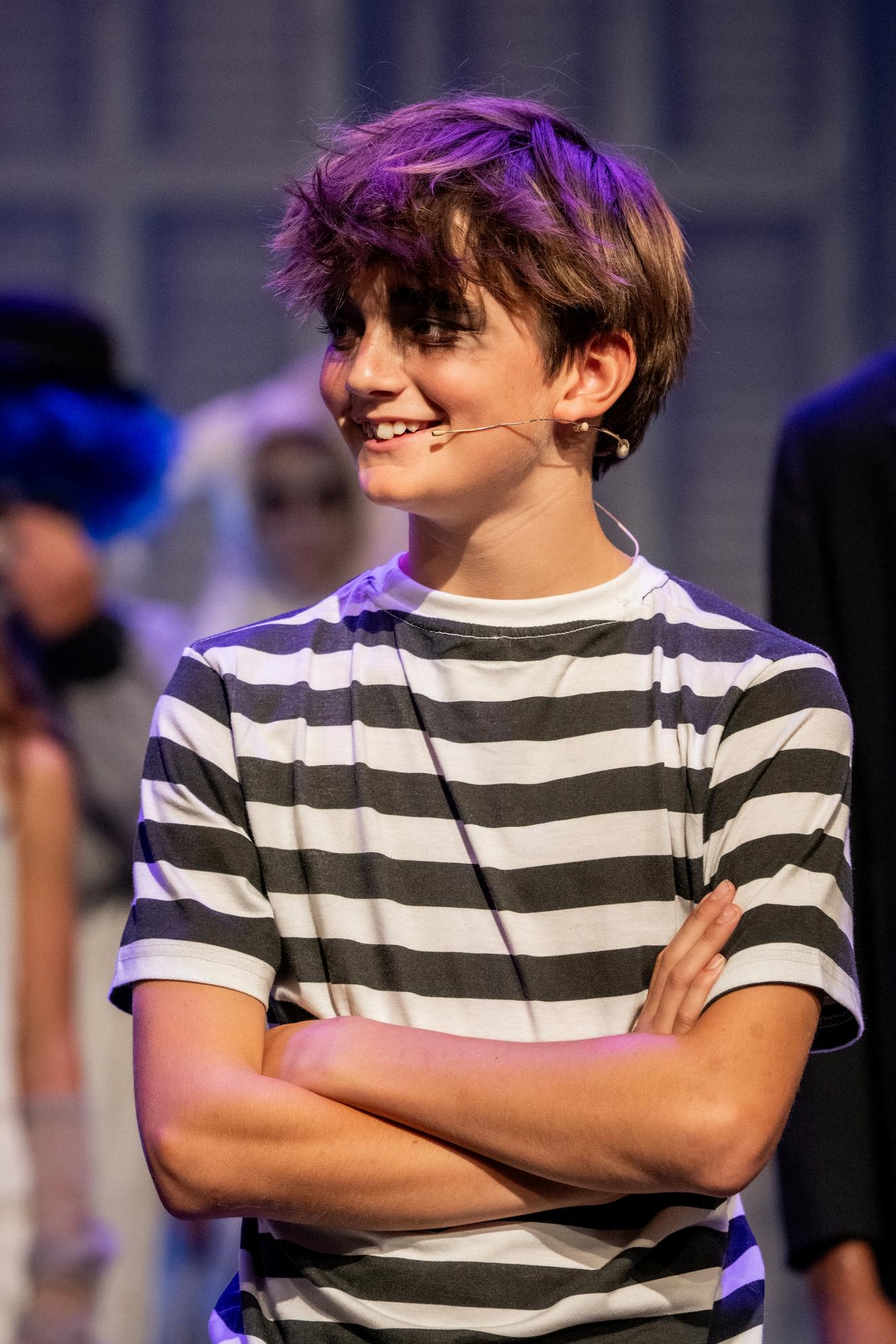
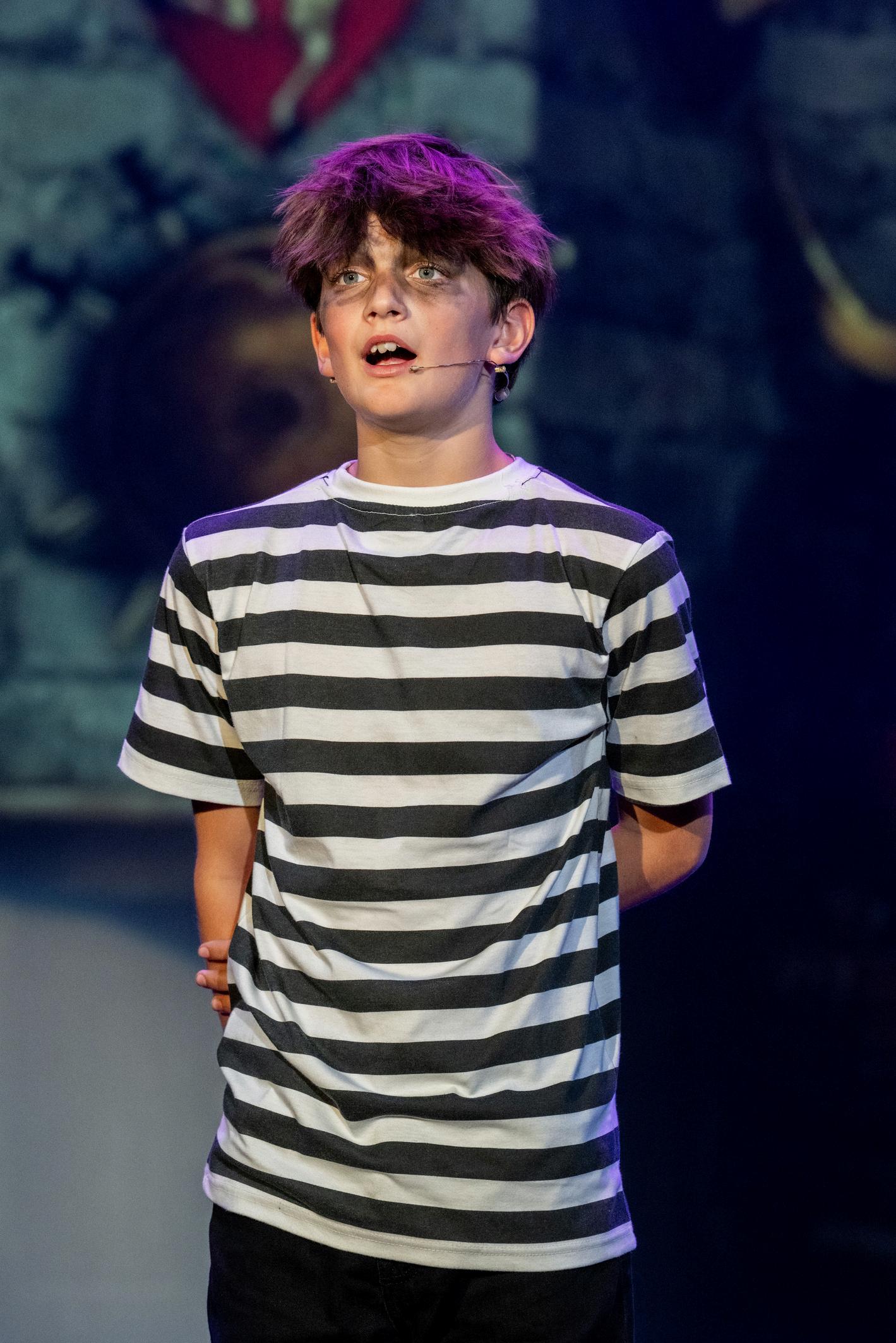



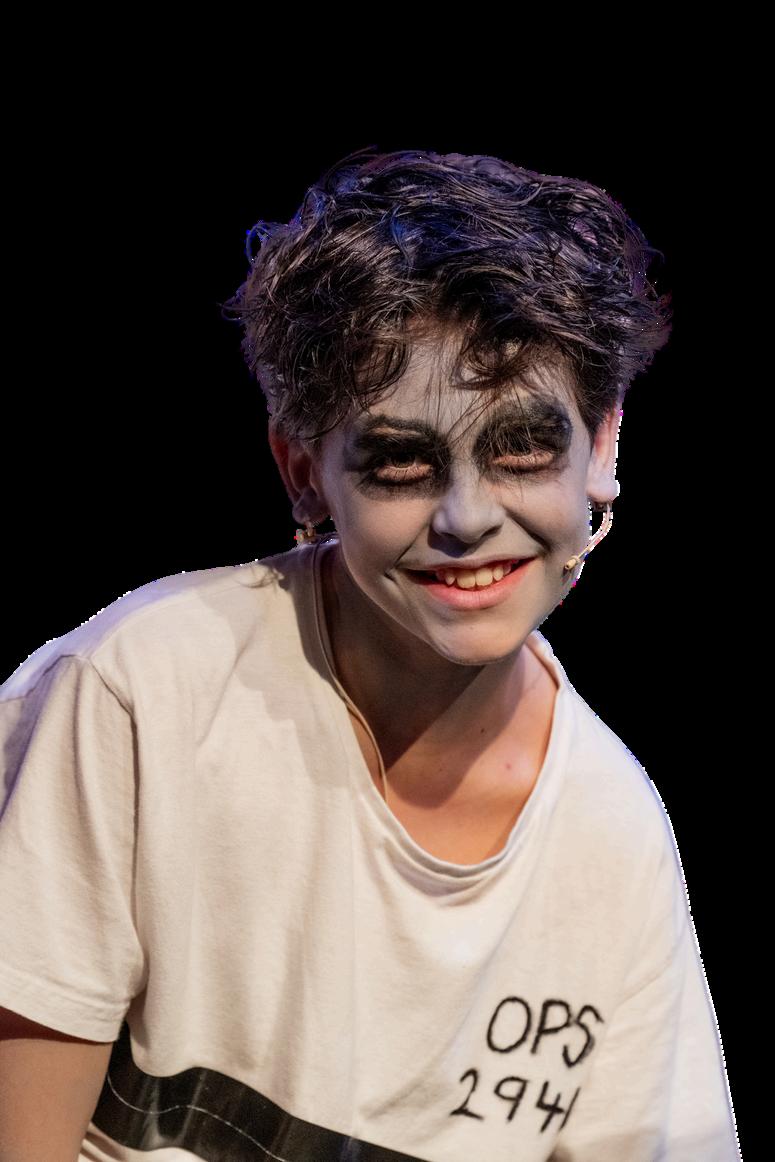


At Orwell Park, we celebrate Armistice Day every year in a very special way. It is a time for quiet reflection, respect, and gratitude Amid the excitement of Halloween celebrations and Bonfire Night fireworks, we pause to remember those who have served and sacrificed in wars and conflicts around the world. We believe it is vital for our pupils to understand why this day matters, helping them to grow into thoughtful, compassionate young people who value peace and freedom.
Armistice Day marks the end of the First World War, when, on the 11th hour of the 11th day of the 11th month, the guns finally fell silent in 1918 It is a time to remember not only those who fought in that war but also all who have served since in the forces, in peacekeeping roles, and in supporting others during times of conflict. At Orwell Park, we believe that helping children to understand the meaning of remembrance encourages empathy, gratitude, and a deeper connection to our shared history


The poppy has become the enduring symbol of remembrance. Inspired by the red poppies that grew on the battlefields of Flanders, it represents both the loss and the hope that followed the war. At Orwell Park, pupils are encouraged to wear a poppy with pride as a sign of respect and remembrance The money raised from poppy sales supports the Royal British Legion, which helps veterans and their families today.
Our school has its own historical link to this period. During the Second World War, Orwell Park was used as a base by the 7th Armoured Division, famously known as the Desert Rats. These soldiers earned their name for their courage and resilience while fighting in the deserts of North Africa Having the Desert Rats stationed here is an important part of our local history and a powerful reminder that the stories of war are not distant and that they happened right here, where our pupils learn and play today.
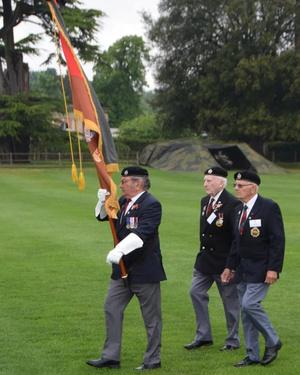
Each year, our whole school gathers on the Ha-ha, the sweeping grass terrace overlooking the Orwell estuary Together, pupils and staff take part in a moving Remembrance Service The ceremony includes the Last Post, beautifully played by one of our pupils, followed by readings and reflections from the Head Boy and Head Girl, and a message from the Headmaster and Father John. We then observe a two-minute silence to remember those who gave their lives. The stillness of that moment, surrounded by our school community, is always deeply powerful and moving. The piper enhances the sense of occasion for all and this is a truly special event for pupils to experience each year.
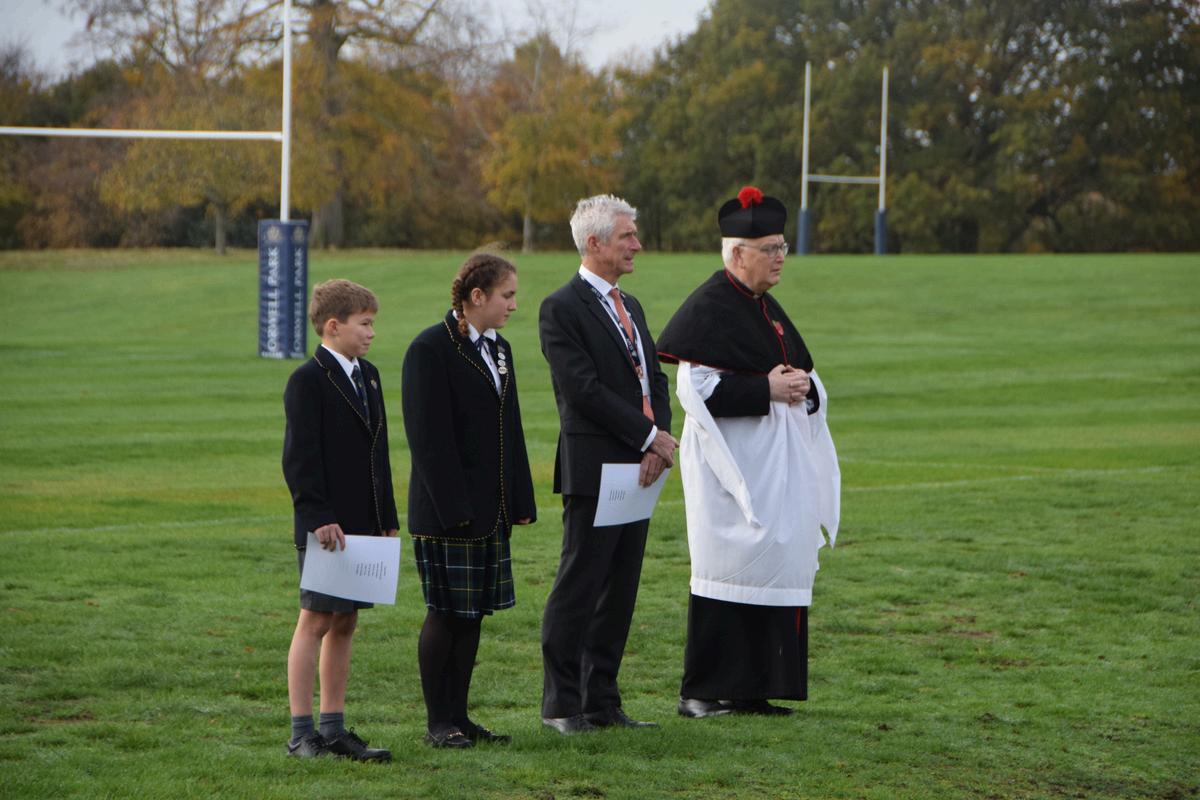

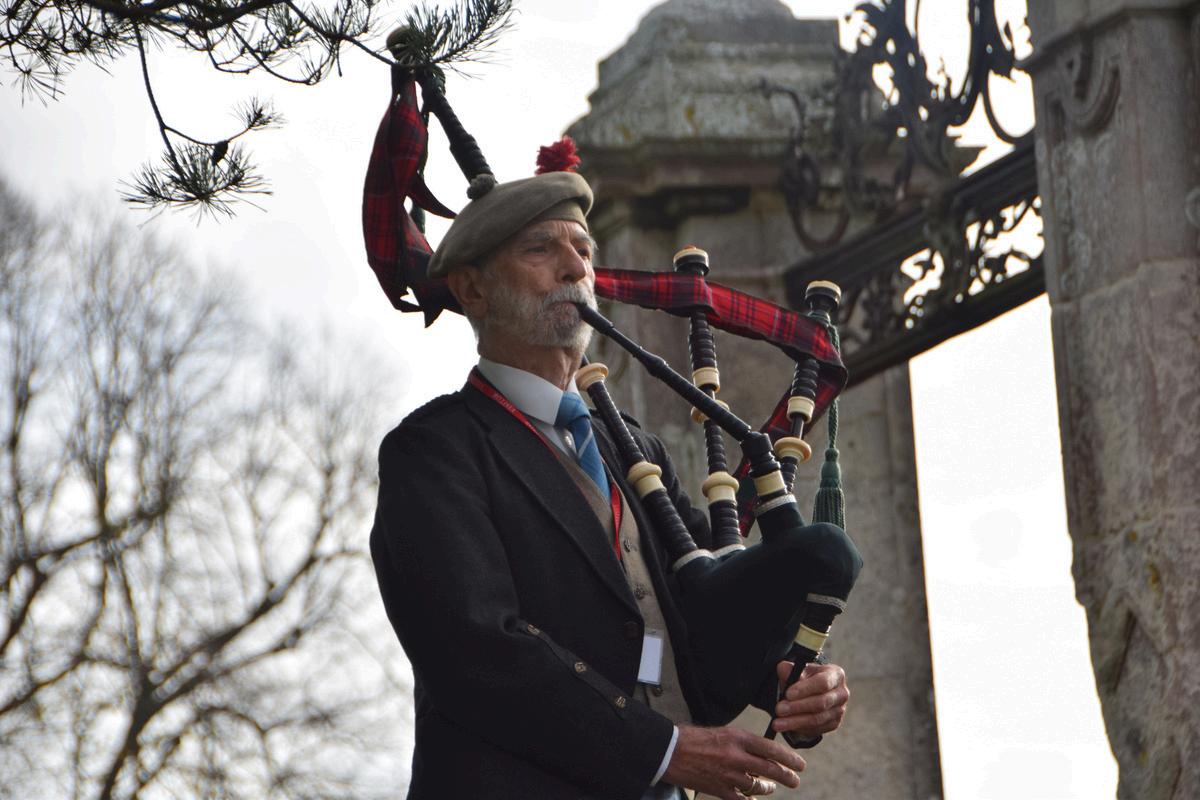
For parents, it can sometimes feel difficult to know how to talk to children about war and loss, but these conversations are important
Here are a few gentle ways that we approach the topic at school: Keep it age-appropriate: focus on peace, kindness, and gratitude rather than the details of conflict.
Share stories of bravery and care: highlight how people helped one another and worked for a better future
Encourage questions: children often process complex ideas through curiosity; answer honestly but sensitively.
Take part together: wear a poppy, watch a remembrance service, or take a quiet moment as a family on 11 November.
By talking openly, children can begin to understand that remembrance is not about glorifying war, but about honouring sacrifice and valuing peace
At Orwell Park, our Armistice Day tradition connects the past and the present, and reminds us that freedom and peace should never be taken for granted. It is a moment for our whole community to come together in reflection, respect, and hope for a peaceful future.






s month we have selected some great books which explore the s of overcoming adversity, resilience, change and emotional growth.
A picture book which uses magical narrative to explore emotional resilience, empathy, and coping with challenges like bullying and loneliness. It's part of a series designed to help children aged 3 and up understand and manage their emotions in an engaging way
An engaging activity book designed to help children develop emotional resilience and confidence. Through interactive exercises, it provides a safe space for young readers to explore and express their emotions, fostering positive thinking and coping skills
A classic by Roald Dahl about a girl mistreated by grown-ups, discovering her own power. Perfect for discussing adversity (bullying, neglect) and empowerment.
A gripping and emotionally charged story, this novel does not shy away from difficulty (loss, bullying, crime), but offers both hope and change. One for readers who like more complex plots!


by Jonny Benjamin & Britt Pfüger
Bringing together people from all walks of life – actors, musicians, athletes, psychologists and activists – to share what gives them hope For anyone looking to find light on a dark day and shows that, no matter what you may be going through, you are not alone

